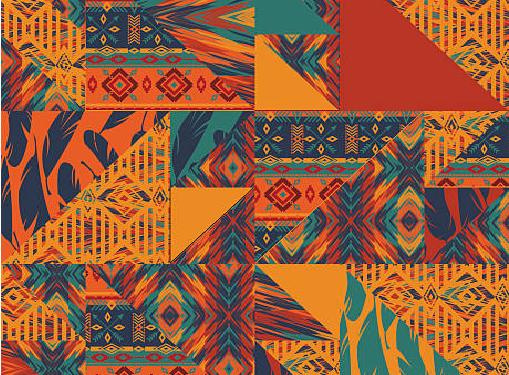CHARTING FORWARD
2021 Annual Report

























The beauty of change is that it brings new opportunities and creates a platform for growth.
2021 presented us with an opportunity for growth in unchartered territory, and we were challenged to travel new paths as we sought to bring more young women and girls into the sphere of leadership. This meant coming out of our comfort zone and going into the unknown.
It was also a time of deep introspection over the last 17 years of our journey alongside African women and girls. This surfaced for us our philosophy, which is rooted in igniting African girls’ and young women's inherent power, amplifying their voices and perspectives while nurturing sustainable legacies of influence that can be adopted globally.
This left us much more energized to continue standing in solidarity with girls, and we are grateful to be part of such a powerful movement that will transform our continent.









Launched our podcast Chini Ya Mbuyu, changing the narrative of African girls and Young Women.
Continued advancing girls' access to education with 184 multi-year scholarships to girls across Kenya.
Accelerated African-led FGM changemakers by working with budding anti-FGM activists.
Co-created and launched our pilot, the innovative Manyatta-Homeschooling program, which seeks to create new pathways for 300 girls.
Launching our philosophy WASHA, ANGAZA, URITHI (W.A.U)
Publishing our first ever Self-Love Journal for African Girls.





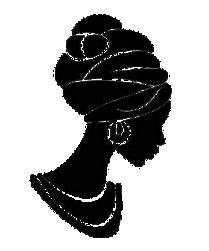


Curating the Adolescents Reproductive Health Compendium as a deliberate effort towards knowledge creation.

Launching our Kuwa na Kuza Campaign cascading Kenya’s Generation Equality Commitments to girls and young women in partner schools across the country..
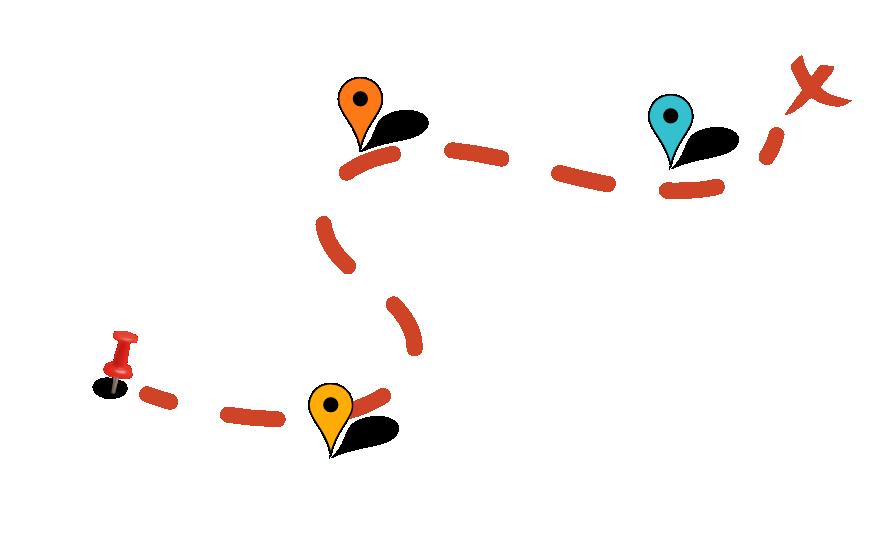
We continue to build a body of work for young women and girls
To celebrate the diversity and achievements of the many young African Feminists we have been privileged to work with, we curated the Unbridled Feminism. We know there is power in documenting our own stories. Through Unbridled Feminism, we tip our hats to female change makers and leaders across Kenya, Uganda, Rwanda, and Tanzania. They have not only founded but are leading organizations that are bettering the lives of women and girls in the region.



Check it out on our website today!
Unwavering Feminism.
Resilience, diversity, patient endurance, and brilliance are just a few words to describe the sheer brilliance of young African Feminists. We celebrate this and much more through Unwavering as we capture the stories of transformative feminist leadership of young women and girls as an ode to all who remain un-wavered in the fight for equality and freedom.

Check it out on our website today!





Adolescence is a time of self-discovery, and journaling provides a safe space for teen girls to question, observe & explore their likes & dislikes, passions, motivation, fears, and dreams. With this in mind, we curated a Self-Love journal for girls to help with their self-discovery journey. The journal also addresses menstrual hygiene management, an essential aspect of girls’ lives as they grow into excellent, bold, and powerful women.
Grab a copy on our website today!


There is no better person to tell the stories of girls and women than the girls and women themselves. We believe in African girls and young women taking charge of their lives and leading their narratives; amplifying this, we launched our Podcast called Chini Ya Mbuyu. Chini ya Mbuyu seeks to debunk myths and misconceptions around taboo topics, and episodes such as Girl Get Up, Bugs and Breasts, Period, Bottom Debuts, and Sexually Transmitted Grades, just to mention a few, have been able to speak on issues that affect the lives of African girls and Women.

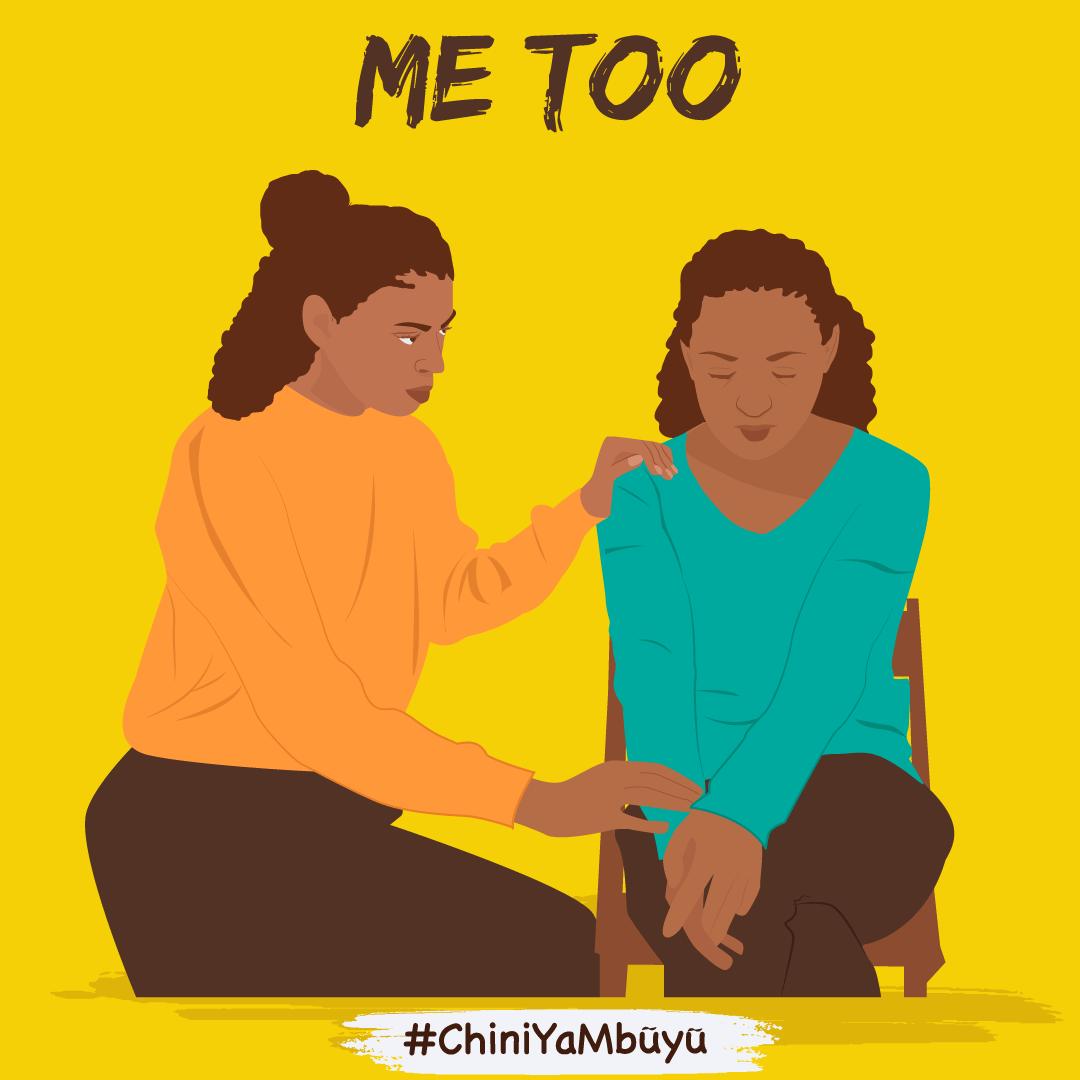
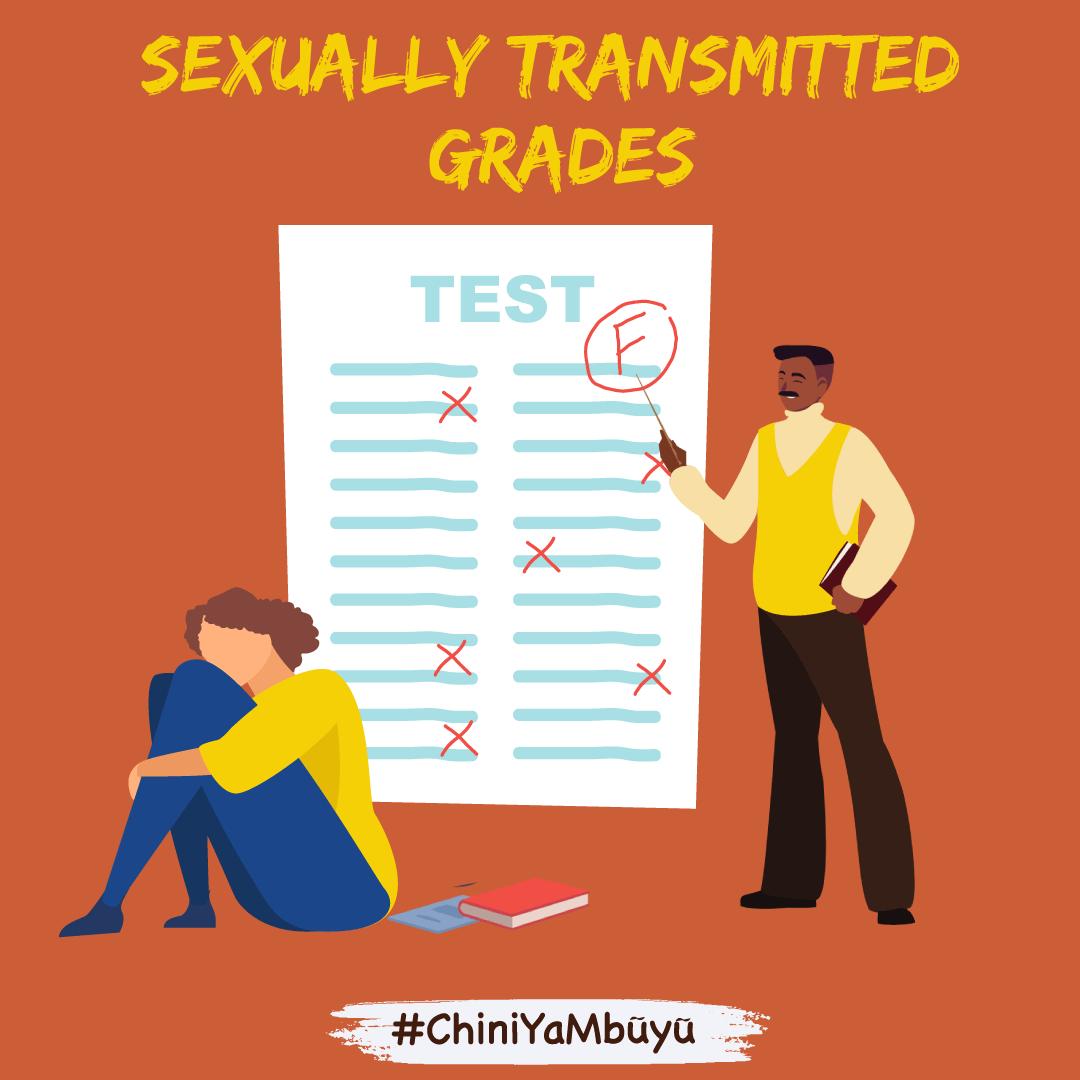
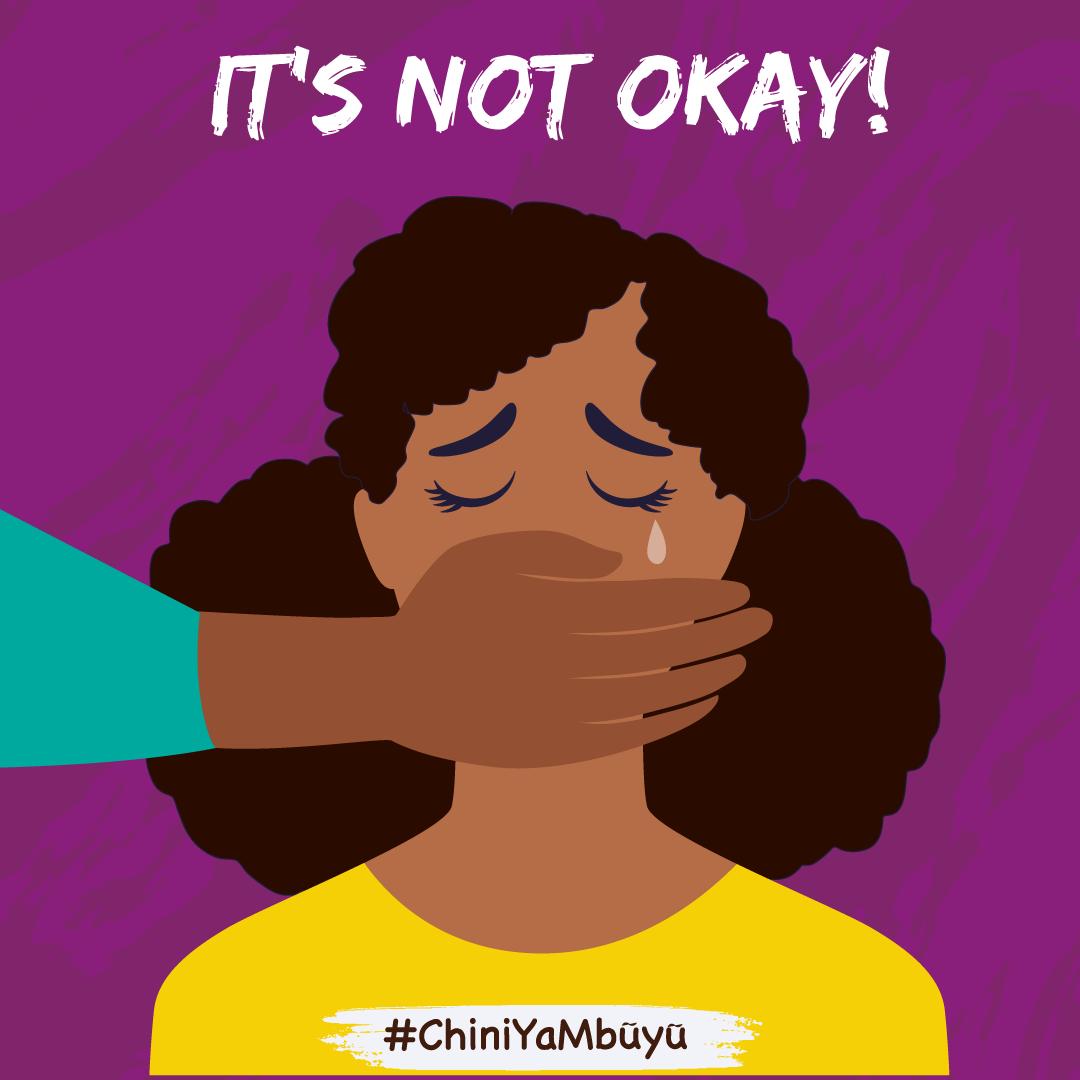
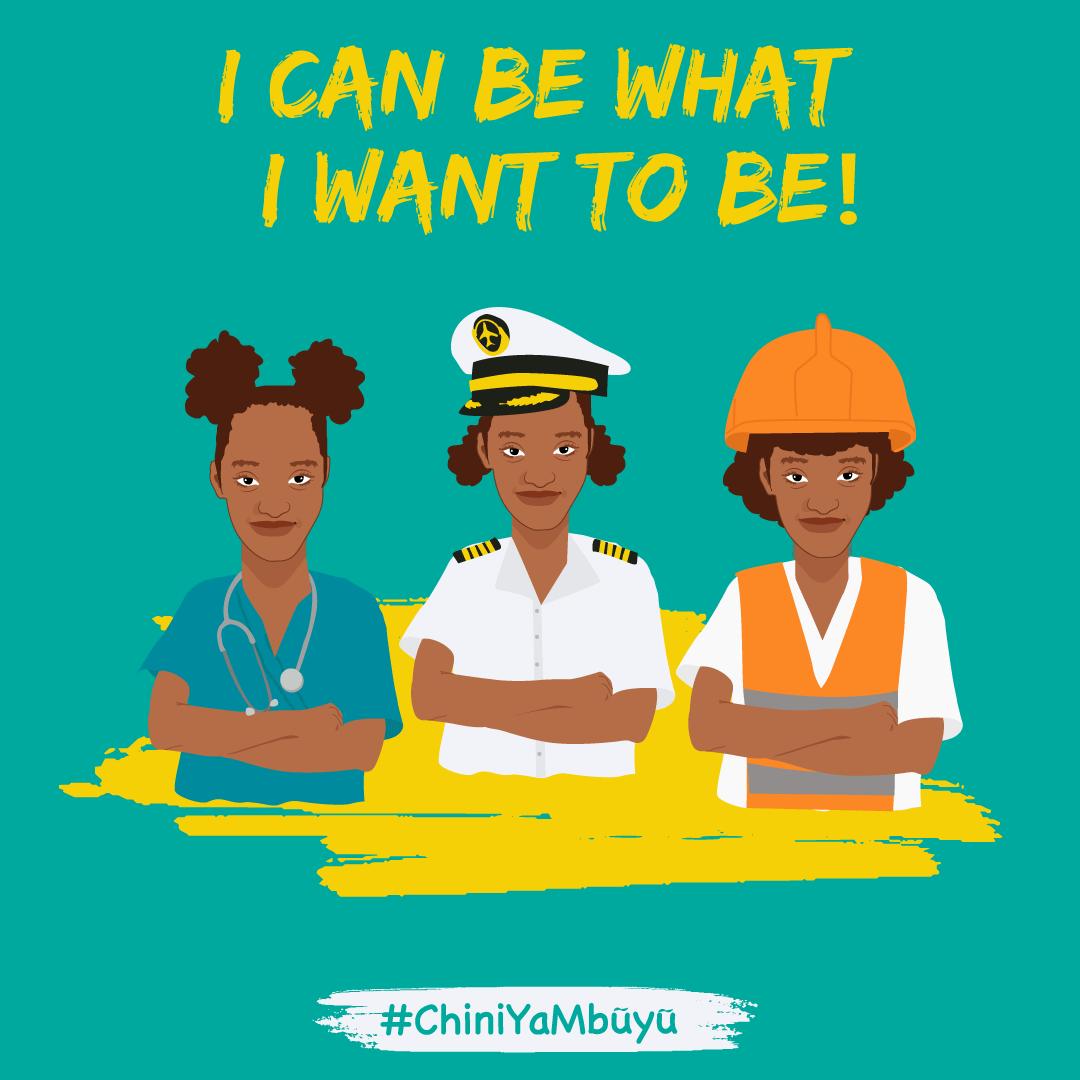
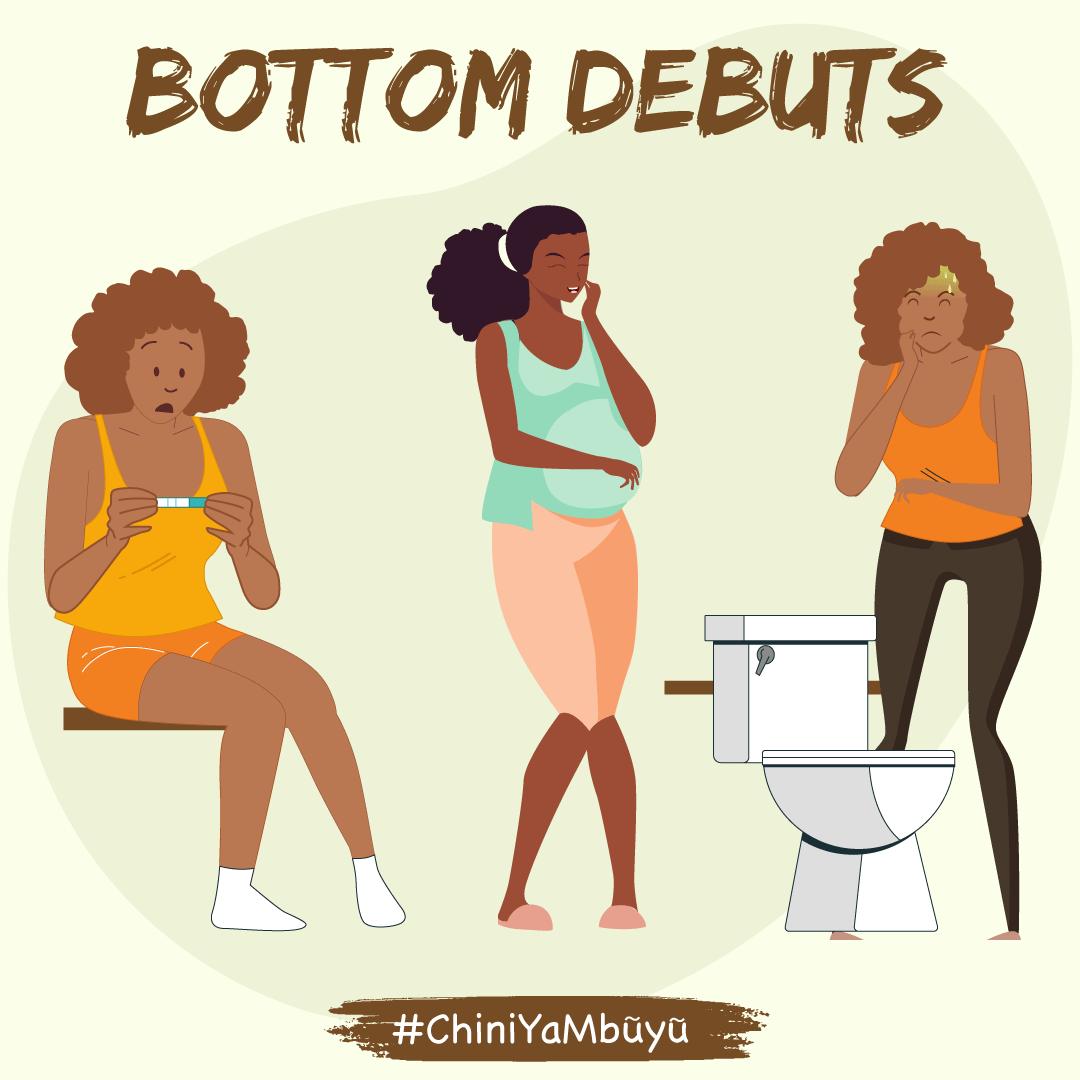

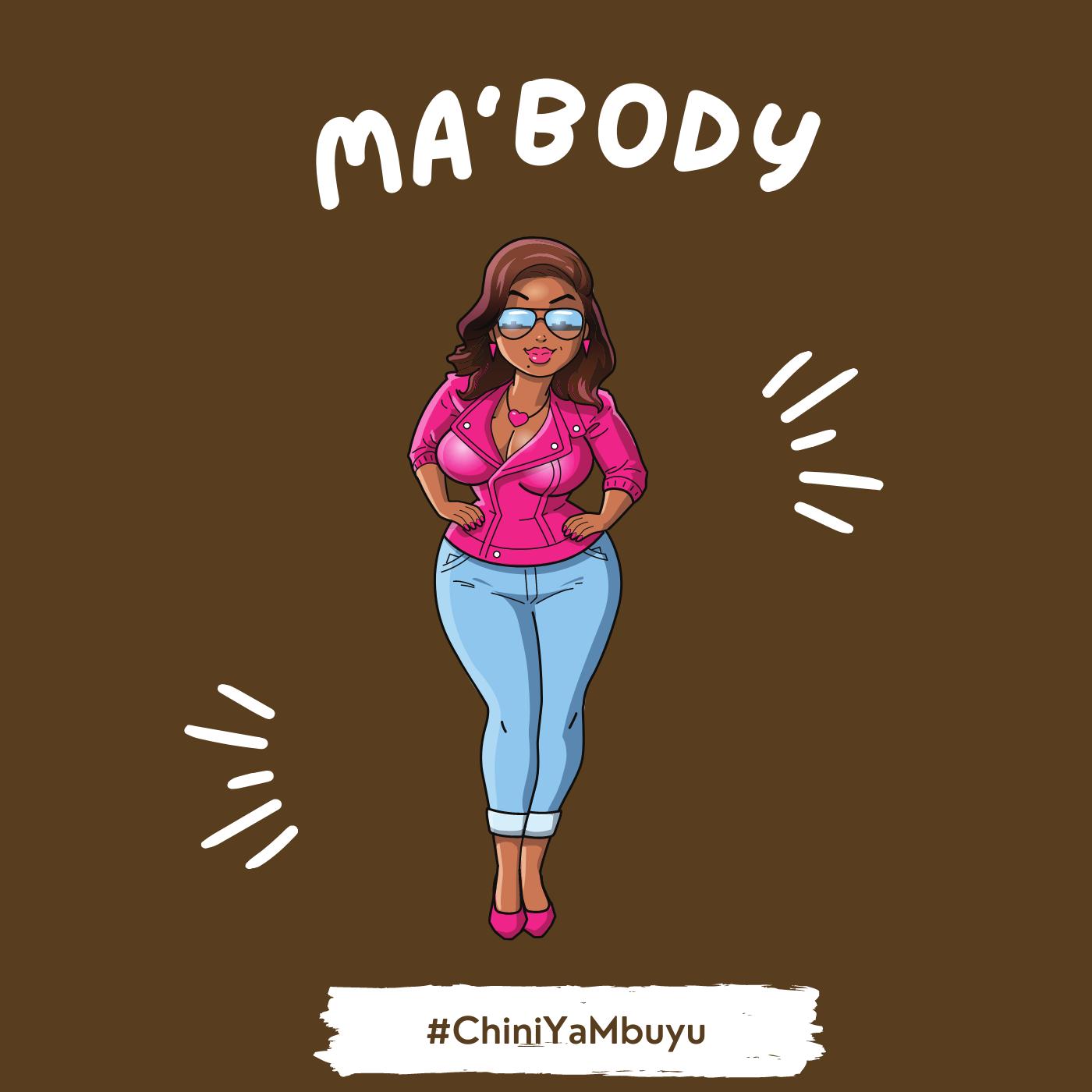

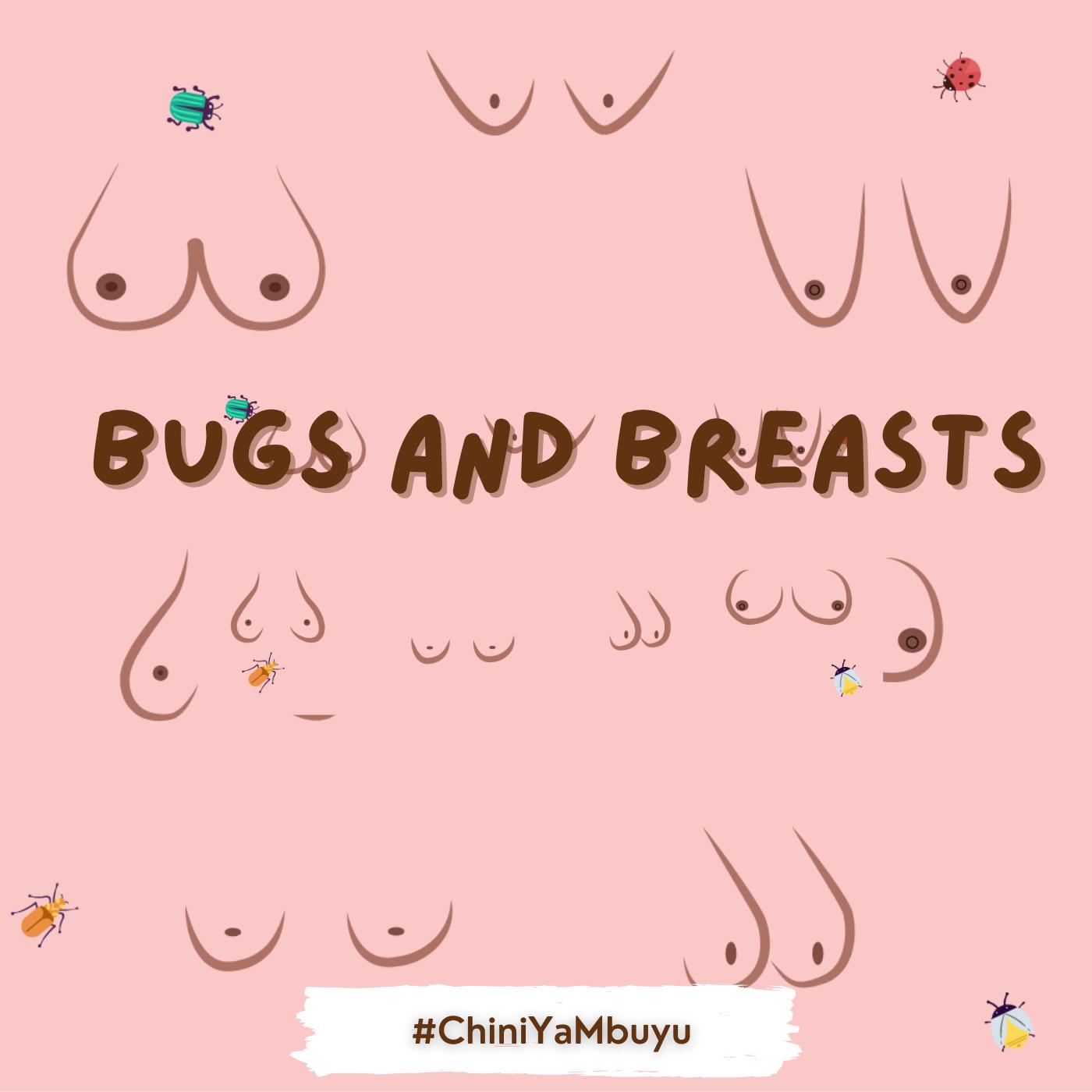


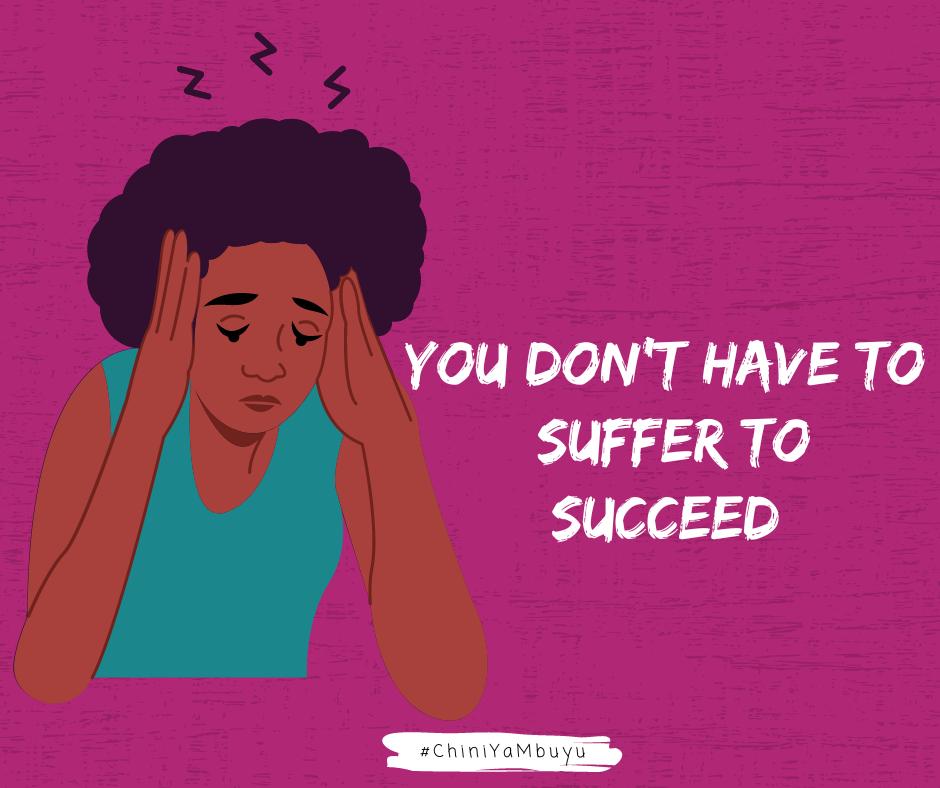

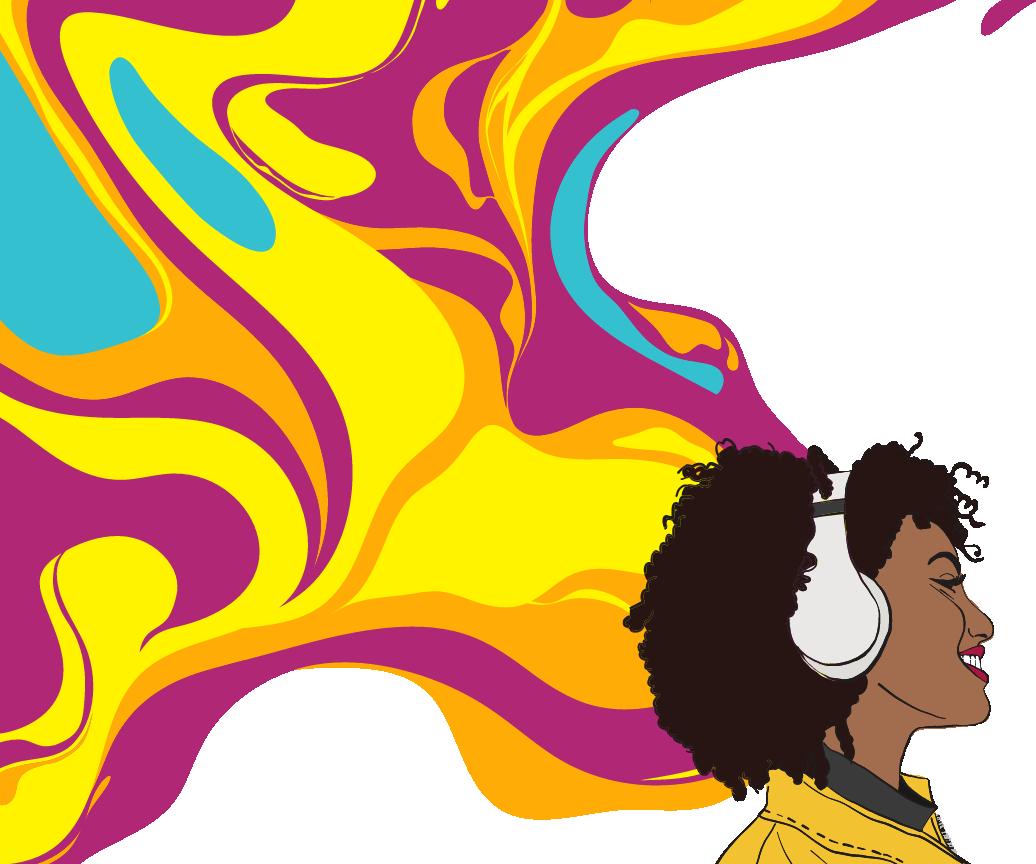
Tune in Today wherever you find your podcast by searching: Chini Ya Mbuyu
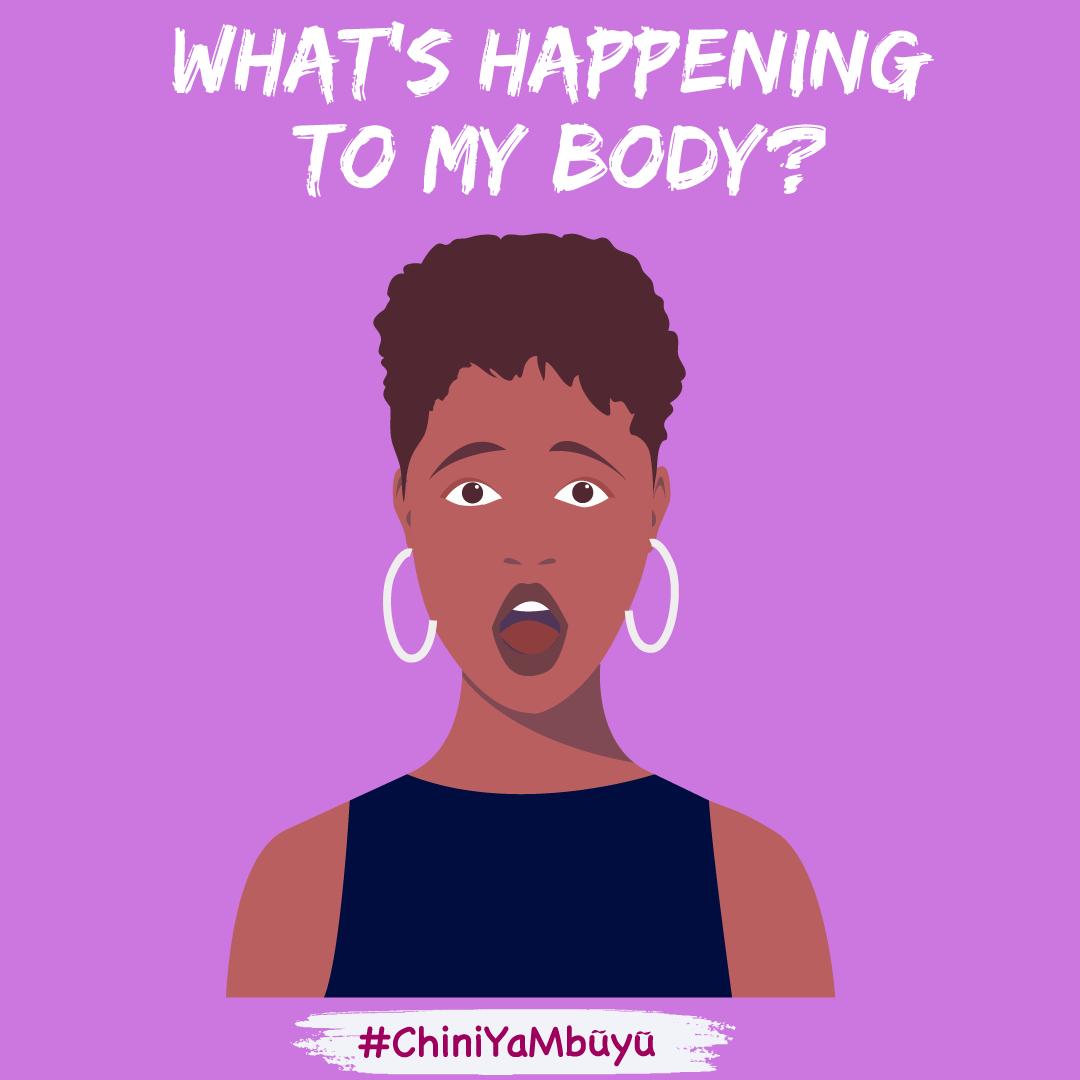
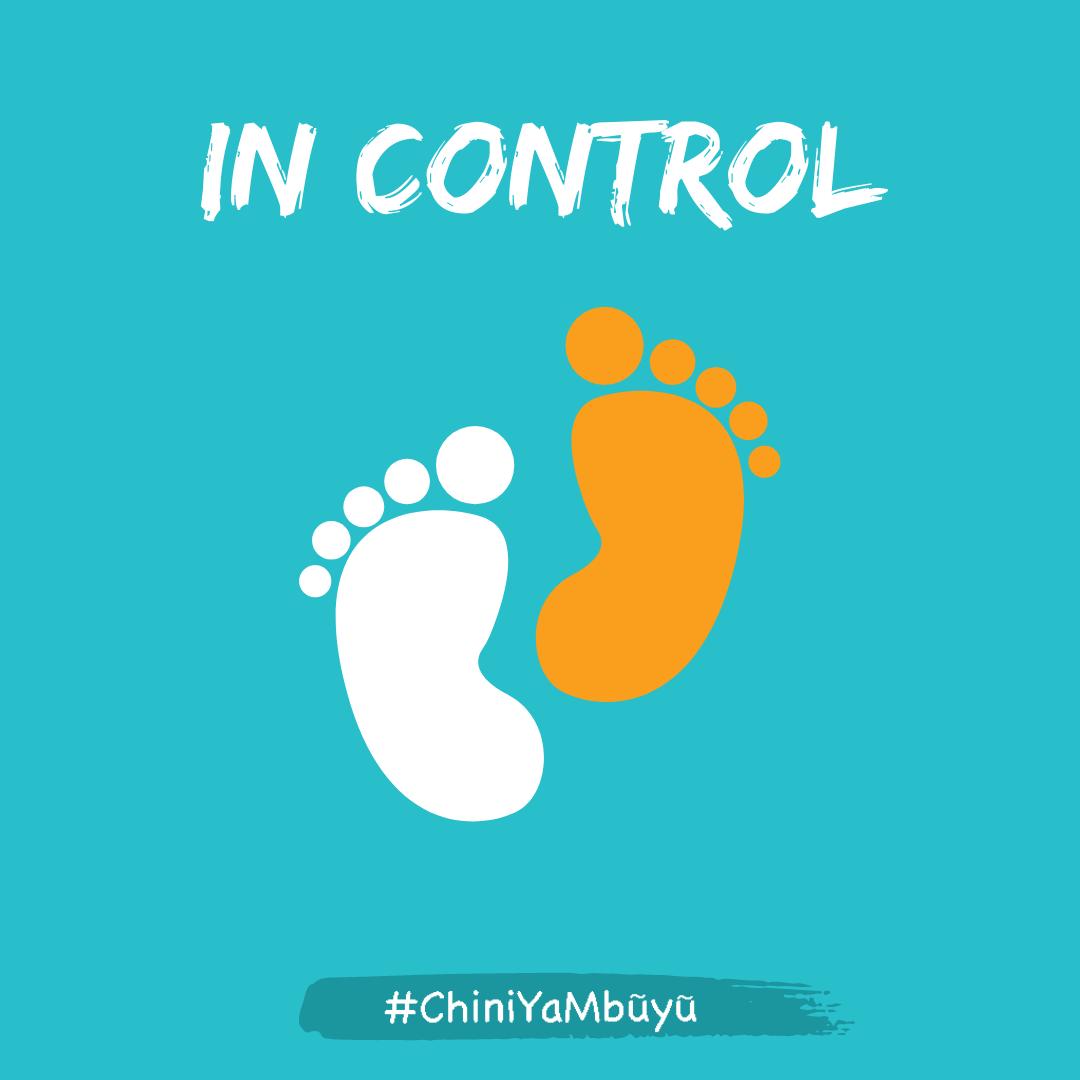

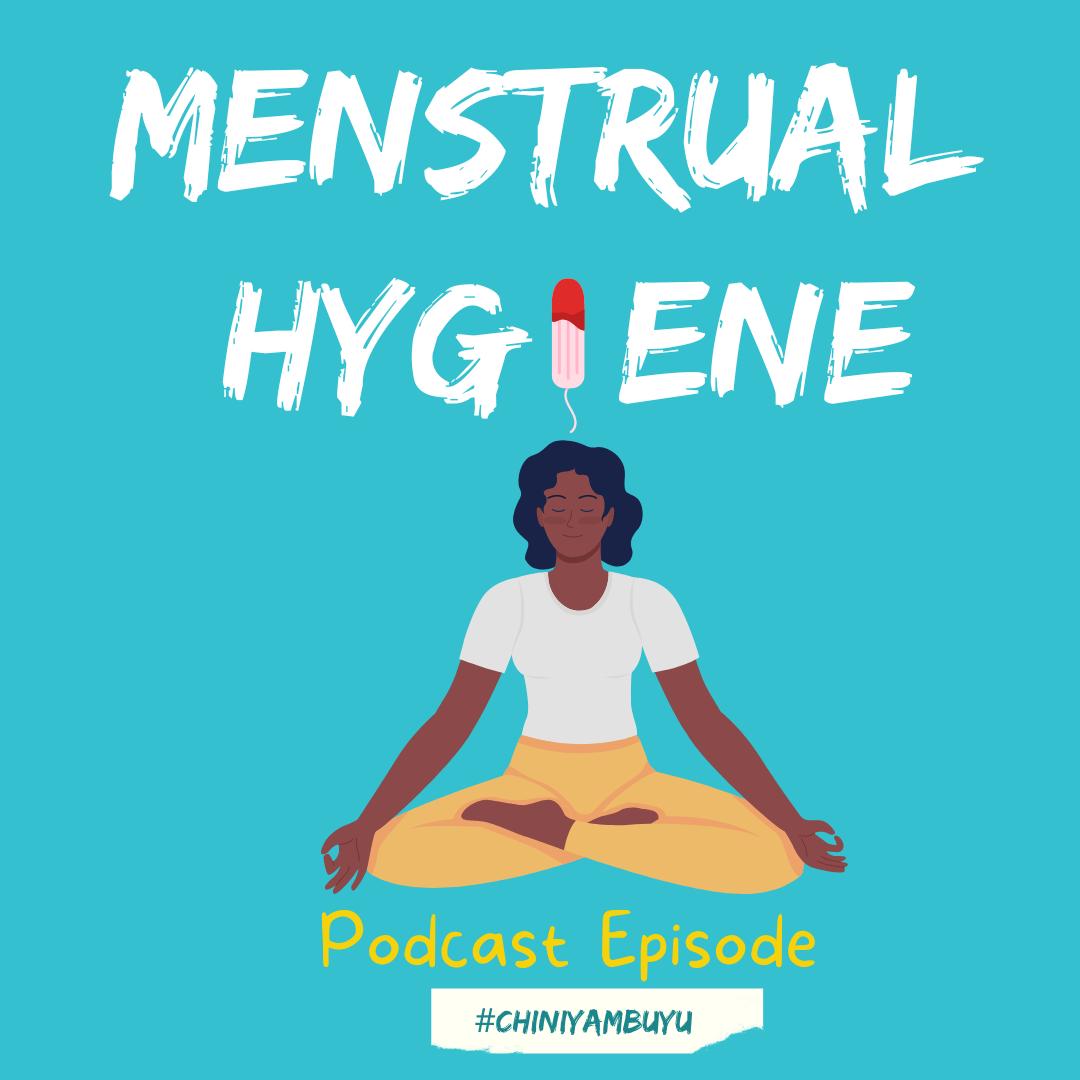
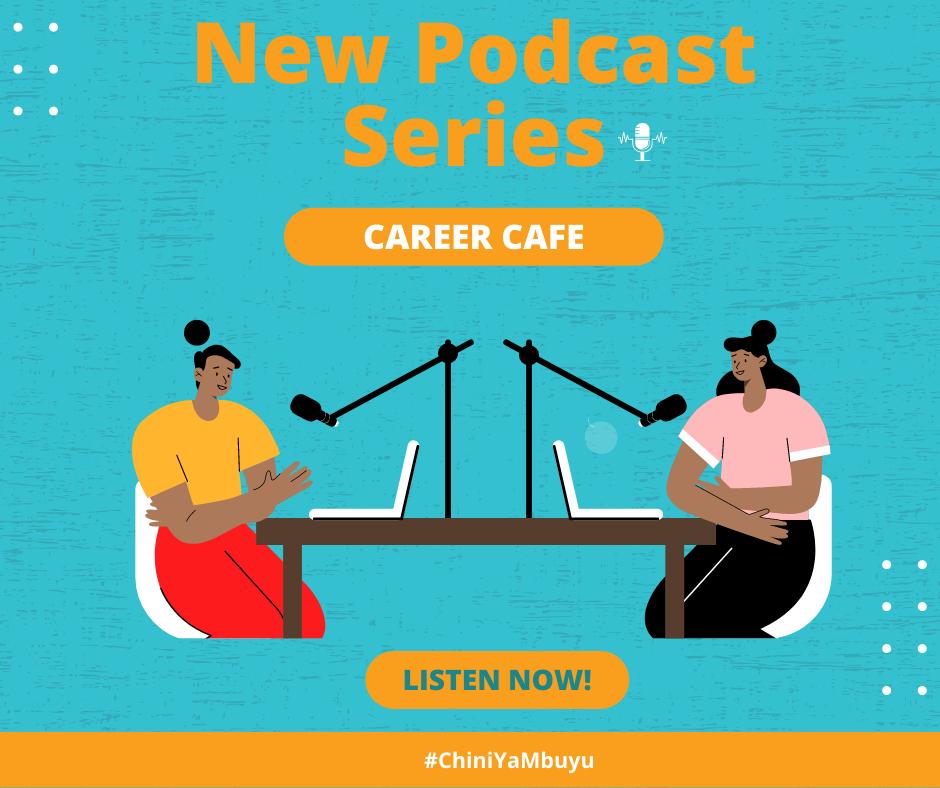




















“Given an apt platform, we believe that young women are unstoppable. “
To ignite young women’s inherent power, Washa leverages young women leaders’ collective potential and invests in them at different levels in their personal and professional journeys by building their foundations and setting them up for growth and more substantive social and economic impact.
In 2021, we explored innovative partnerships that were keen on empowering young women leaders who actively advocate for the end of Female Genital Mutilation and gender-based violence (GBV) and taking up feminist leadership roles in various aspects of their lives.

In partnership with Forward UK, Akili Dada rolled out the Tuwezeshe Fellows, Accelerating African-led FGM Change Makers', a cross-regional collaboration that sought to nurture a generation of young women into influential leaders in the campaign against Female Genital Mutilation (FGM). Under this project, we engaged 25 young women from across four counties in Kenya: Kajiado, Kisii, Samburu, Elgeyo Marakwet, and Garissa counties, and employed skills training, mentorship, and financial and technical support for the young women's social action projects to improve their skills and their advocacy journeys.


Through intentional leadership skills training, the young women interacted with the foundational concepts of leadership designed to address self-awareness and power theories holistically equipping the fellows with the skills needed to drive social action projects and to help them in their advocacy against FGM.
The young women’s implementful social action projects were centered around digital advocacy, radio talk shows, stakeholder roundtables, and community outreach initaitives. A key highlight for this work was centering the voices of the young women by supporting them to enhance their voice and agency. The Social Action Projects amplified the work the young women were doing in their communities.
We thank, Malkia Initiative in Kajiado, Pastoralist Girls Initiative in Garissa, Samburu Girls Foundation in Samburu, Marakwet Girls Foundation in Elgeyo Marakwet, and Msichana Empowerment Kuria in Kisii for making this initiative a success.











Inspired by the fellows’ need for referable resource materials post the leadership training, we developed the Tuwezeshe workbook that is interactive and comprises leadership development tools and resources, reflective exercises, and guiding questions for budding activists. The workbook is for budding activists - to enable them to navigate and succeed through their activism journey.
To access this toolkit visit our website

We partnered with Kenya Female Advisory Organization (KEFEADO) and Kilifi Youth Advisory Council to implement intergenerational dialogues for action toward Ending Violence against Women and Girls in Kenya. Through these dialogues, we interacted with 25 young women from Kisumu and 19 from Kilifi.
We established intergenerational ‘Gumzo’ Mentorship Circles that compromised of leaders and active advocates in the larger gender equality movement. Through mentorship Cafés we leveraged storytelling paired with a plenary Question & Answer sessions creating a safe space for the sharing of lived experiences.

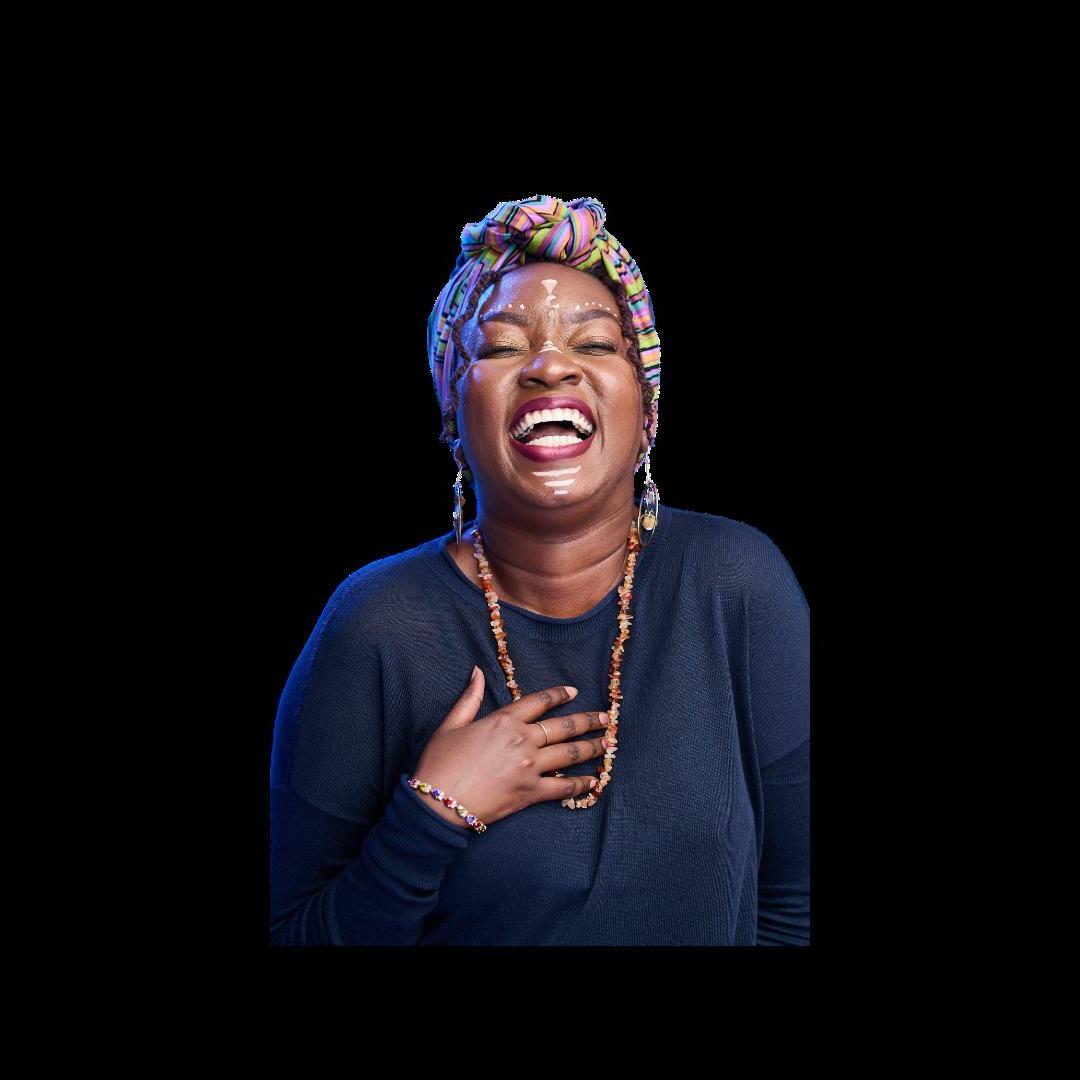
Anchored in the ethos that girls and women CAN, DO, and LEAD, we engaged emerging Community Leaders to explore their leadership skills and understand what transformative feminist leadership means.
We hosted virtual workshops with emerging leaders from Pwani University, Chuka University, and Maseno University. From the sessions, young women could self-evaluate their qualities as leaders and note the areas for improvement. Through these workshops, young women also received training on work readiness and transitioning from university to the workplace.
From the project, 85.70% of the emerging leaders vied for leadership positions in the university. Of those who vied, 90% succeeded. We also provided technical capacity building around financial management and resource mobilization to support the young women social entrepreneurs. We also provided seed grants which contributed to the growth and strengthening of the young women-led social enterprises. The grants facilitated:
Increased stock that boosted operations of these enterprises. “My business has increased from the previous two staff to 5 now” – Poultry business respondent.
Adaptability of these business such that they are digitized during the the COVID-19 pandemic enabling them to continue.





Increased visibility for the enterprise through developing websites, advertisements, and posts on social media.
Diversification of businesses.
Impertimus
Social Enterprise based in Kilifi County with a mission to equip parents and guardians from low-income households with financial skills to educate their children as well as promote literacy through the distribution of digital learning materials and reading clubs in schools. Impertimus Education Investment exists to ensure all children have equal access to quality education opportunities to achieve their dreams.
Under Akili Dada’s Community Leaders program, Impertimus refined it’s project through critical thinking, human-centered design, legal structure for the organization, and pitching.






Digital education-saving platform to a women group of 10 with children in primary schools.



The savings plan was a successful pilot that proved parents could manage their financial resources and meet future transition costs of their children to secondary schools when due.
The investment in impertimus proved valuable and timely as they pivoted in 2020 to further their impact. Impertimus offered the second solution to allow parents to retain their children in subsequent years of secondary school by accessing an affordable, digital tuition fee loan ‘Abaki Shule’ swahili for Stay in school, Plan offered via a crowdfunding platform. Impertimus was able to clarify critical steps needed to conduct market research and testing for the key assumptions of the product.
The seed grant played an important role in bringing the digital tuition fee loan product to low-income parents and children in Kilifi.
The community leadership fellowship validated Impertimus, thus helping them to get on board in different platforms and opportunities easily. Beatrice Kache was a finalist nominee under Youth of the Year, Entrepreneurship category in Top 35 under 35 awards in 2020 by Youth Agenda, Kenya. Impertimus has participated in incubators and training programs, including UK-Kenya Tech Hub, the ARESSOK program by E4Impact, and SESSOK, a week-long boot camp in Kampala, Uganda, organized by Startup Africa Road trip and currently under TechBridge Invest. All these opportunities have helped them refine solutions to fit the community best.


The Tuwezeshe spotlight program was an ideal project because it allowed me to work with the county government to advance the #EndFGM agenda. Over the years, there have been rampant reports of girls forced to undergo Female Genital Mutilation (FGM) in Elgeyo Marakwet County. One of the main reasons contributing to the increase in FGM cases is the stigma that the girls who have not undergone the cut face. They are considered an outcast in the community, and as a result, this pressures them to undergo the cut.
After implementing our social action project, I feel encouraged because some community members have started talking about taking girls back to school, which significantly reduces cases of FGM. The training contributed to my project's success because I was clear on my target group and the specific intervention to employ in the social action project at the end of the workshop.
We strongly believe that more still needs to be done for us to end FGM. Our project is mainly focused on policy advocacy to create awareness in the community of the existing FGM policies in Kenya. This has inspired me to continue working effortlessly to ensure that FGM is eliminated in my community and that the remaining few cases are reported.
FGM and other harmful practices are deeply ingrained in the fabric of communities because they advance social inclusion - improving the terms on which individuals and groups engage in society. To fight these practices we must disrupt this notion and educate communities on the real cost of these practices.
 Joan Jerop, Elgeyo Marakwet County
Joan Jerop, Elgeyo Marakwet County



As a human rights activist, the Tuwezeshe spotlight program was the perfect project to implement in the community to trigger the existing child protection laws. I believe Advocacy works to influence actions toward ending FGM because it brings change and responsibility to all community members to say no to FGM.

During the implementation of our social action project in Samburu County, I hoped that key informants would be at the frontline in the journey towards ending FGM. I hoped that they would influence the decision of community members to end FGM.
FGM is rampant in my community and poses a real threat to women’s short-term and long-term lives. Partnering with fellows from my community strengthened the project. Through our combined efforts, we were able to bring together diverse groups of people for the specific goal of having candid conversations in FGM. The key stakeholders, i.e., chiefs and village administrators in the program, were keen to listen and learn and were more encouraged to uphold the existing laws against FGM.
Ever since we started the project, one of our local chiefs has been updating me on the reported FGM cases he deals with in our community. This gives me the hope that girls and young women in Samburu will soon be able to enjoy living in a world without FGM.
Kasoni, Samburu County




Access to education pivots Girls toward a successful future; it gives them the power to chase their dreams and be whoever they want to be in the future. Angaza intervenes in significant and potentially catalytic transition periods for girls and young women - primary to secondary school, secondary to tertiary education, professional career, and young adulthood- by facilitating their access to quality education and lifelong learning opportunities.
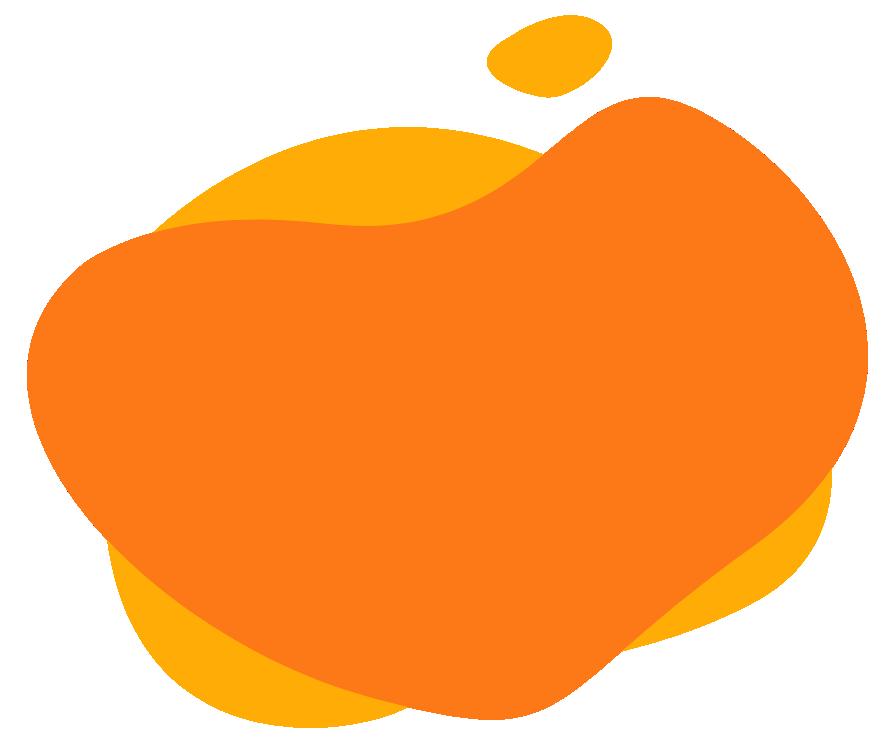
We made amazing strides toward advancings girls’ access to education.

Through Angaza, we were able to:
Support 12 scholars transition to Universities in Kenya despite the Covid disruption towards girls’ education. Out of the 12 scholars we had, 4(A-), 5(B’s), and 3(C’s) in the Kenya Certificate Secondary Education marks.

Extended our comprehensive multi-year high school scholarships to girls and young women from Kenya’s rural and low-income regions with a focus on Arid and Semi-Arid counties (Kwale and Samburu). This shift was informed by the counties having the lowest development indicators in the country and that it records some of the lowest achievements in numeracy and literacy skills which has a snowball effect on overall learning outcomes.
Continued to support 45 scholars through their high school education.
Due to the abrupt mid-term school break in the last quarter of 2021 by the Kenyan government, our scholars received five psychosocial support sessions, each leading to a total of 164 teletherapy sessions, to equip scholars with relevant coping skills.
Disbursed Ksh 369,000 ($3265) as care packages to scholars.

question whether I was good enough. Reading books made me feel better and more confident about my speech, which led to the realization that I can use books to better my community so that other kids do not have a similar experience.”
This inspired me to start Let’s All Stand Out (LASO) in 2016 while I was still part of the Young Changemakers Program, now known as Urithi by Akili Dada. One of the critical requirements of the program was identifying a problem in your community, its root cause, other causes, and solutions and strategies to curb the problem.
LASO creates a platform for kids in my community to access books and start learning to read at an early age, and this not only improves their speech but boosts their communication skills and confidence.


We have had great milestones at LASO, which has been amazing. In 2018, I won the trophy for the “impactful project of the year”. We received a donation of about 1200 books from friends and 300 USD to help support LASO activities. Currently, I have partnered with four friends and expanded to Game Changers stationed in Nairobi to bring more impact around Kenya.





 Jacinta Jerotich - Founder, LASO.
Jacinta Jerotich - Founder, LASO.








Girl's Leadership teaches girls to exercise the power of their voice and equip them with skills to make informed decisions about themselves and their future.
Urithi recognizes that girls have inherent agency, so its critical programming features girl-centered leadership development. Urithi leverages creative and innovative approaches; the program provides relevant skills training, comprehensive age-appropriate health and human rights education, psycho-social support, and mentorship.

Urithi’s key milestones featured platforms that created opportunities for girls and young women to build their legacies and ensure that girls’ voices were heard in rooms full of stakeholders to address their access to education and Sexual Reproductive Health Rights.
We held a SRHR summit in Samburu and Kilifi county to discuss effective sexual reproductive health and rights policy implementation recognizing the intersecting inequalities women and girls face. Take Kenya's school re-entry policy, for example; is designed to facilitate 100% transition by scholars through the education system however we learned that further nuance and contextualization are needed for full efficacy to be achieved.
The deliberations with adolescent girls and young women, accountability holders from the respective Ministries, community gatekeepers, and CSO/CBOs, yielded the following commitments by duty bearers:
Prioritization of Sexual Reproductive Health Rights (SRHR) sensitization in schools through mentorship programs.
Championing for the delinking of FGM and Early marriages to religion, thus creating greater traction to ending these practices.
Investment in economic empowerment of cutters (traditional circumcisers) creating alternative means of income generation, therefore, serves as a deterrent to the practice.





Greater awareness creation for the return to school policy.
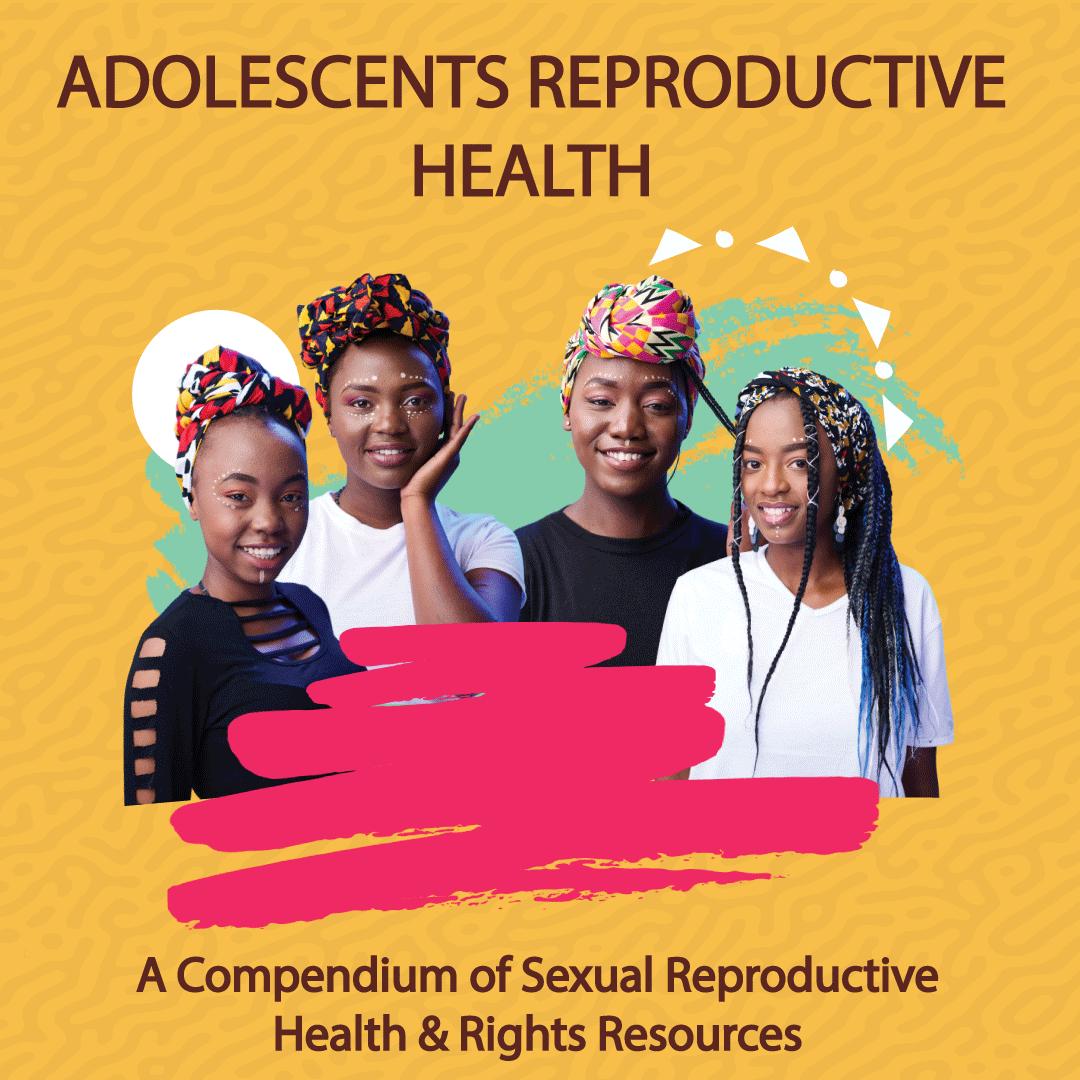



Access to reliable and appropriate Sexual and Reproductive Health and Rights (SRHR) information has been proven a necessary first step to securing positive life outcomes for young people, particularly for African Girls and Young Women. To amplify this, we developed a Compendium of Sexual Reproductive Health & Rights for Adolescent SRHR programming. The compendium seeks to endow SRHR facilitators with applicable resources to design and implement comprehensive sexual reproductive health education approaches that will enhance the health and well-being of adolescent girls along their respective journeys to being transformative leaders in their spaces.

The Compendium is available for young women led organizations working with adolescent girls and ages 13-18 years. It includes themes from Understanding the Rights of Adolescent Sexual Reproductive Health to Evidence-Based Research on ASRHR to Girl-centered Sexual Reproductive Health and Rights.
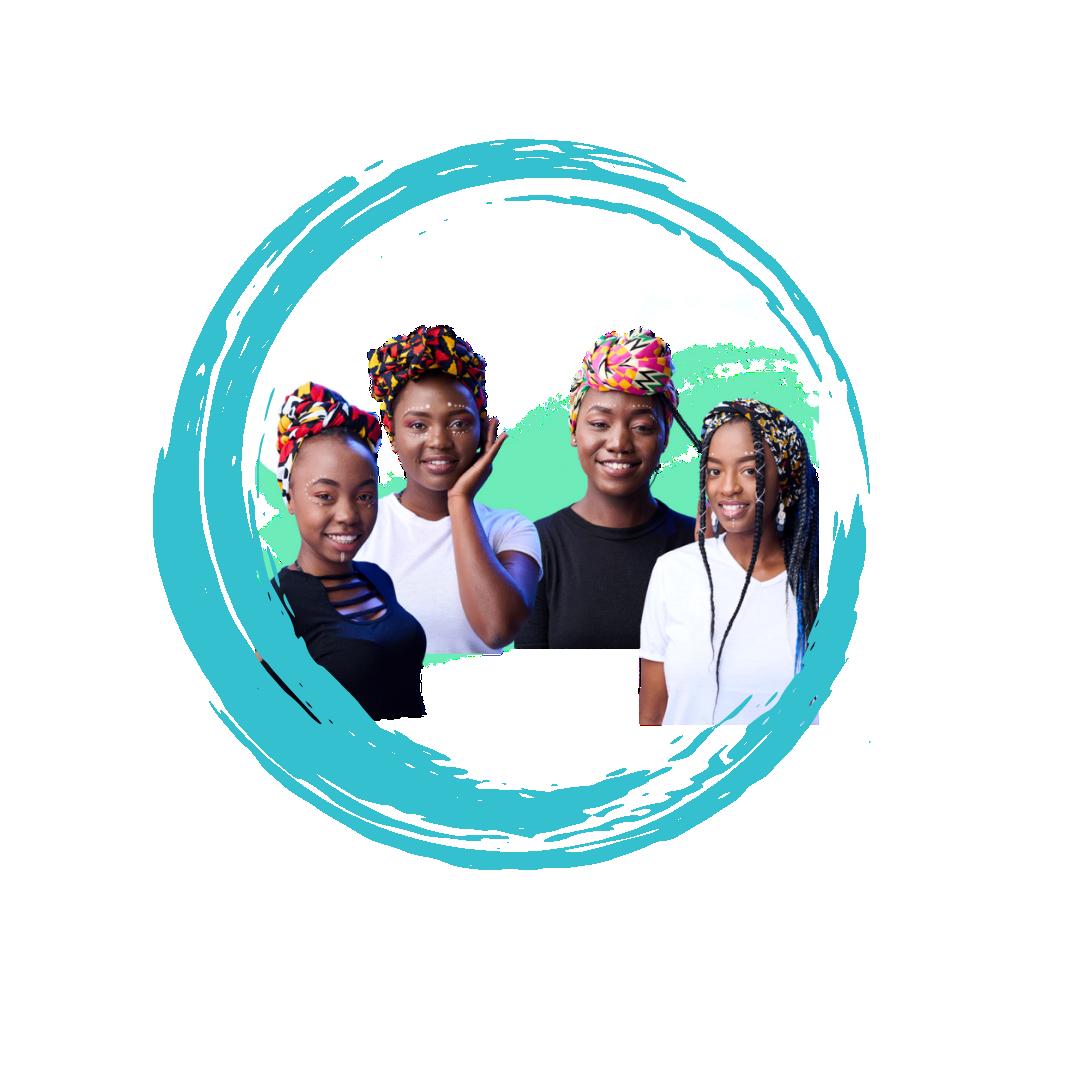

“… This is a must-have resource for all actors looking to engage in ASRHR across Kenya and East Africa. This further echoes Akili Dada’s mission to nurture transformative leadership in girls and young women from underserved backgrounds. Collectively, we journey together, dismantling barriers that limit access to the resources of information necessary to create impact for the targeted demographic.”

To access our compendium, visit our website.






Bridging the disconnect between community and educators.
Educators play a pivotal role in ensuring girls CAN and DO Lead. We remain conscious of the role played by teachers in nurturing adolescent girls to become leaders in their spheres of influence. As they carry on with their duties, teachers are approached by adolescents suffering from various issues, including but not limited to mental health, early pregnancies and marriages, and adolescent crimes. The COVID 19 pandemic and its uncertainties have also had dire consequences on adolescents, as seen in the ‘Promise to Keep’ Report.
As an adaptive approach to the current situation, there was a need to create a platform to engage the gatekeepers on issues relating to SRHR, access to education, and implementing policies developed to affect adolescent girls. This forum provided a space for teachers and facilitators to develop interventions and strategies to continue nurturing the girls and





Are educators confident that the current CSE program covers all aspects of ASRHR?
Are Educators familiar with the government directive on back-to-school policy, and 100% transition?
43.75% disagreed, 3.12% strongly disagreed, 34.75% were neutral, 9.75% agreed, and 6.25% strongly disagreed. The rest were neutral
Are educators adequately trained on the CBC curriculum?
3.12% agreed, and 18.75% were neutral. The rest disagreed.
Is there sufficient mental health awareness in our Kenyan schools?
56.25% strongly disagreed, and 18.75% agreed. The rest were neutral.
Do the educators have a good work-life balance?
43% were neutral, and 25% disagreed. The rest agreed that they had a good work-life balance.

Is any relevance of the SRHR summit to their work?
100% of the educators strongly agreed that the SRHR summit was relevant to their work.
 The following were the findings from the pre-survey conducted before the summit
The following were the findings from the pre-survey conducted before the summit





One of the key things we were keen on in 2021 was having young women’s and girls’ voices heard in every step we took. To amplify this, our advocacy and communications strategy was centered around activities that ensured girls and young women were actively engaged and participating in discussions around issues affecting their lives and speaking to their experiences.

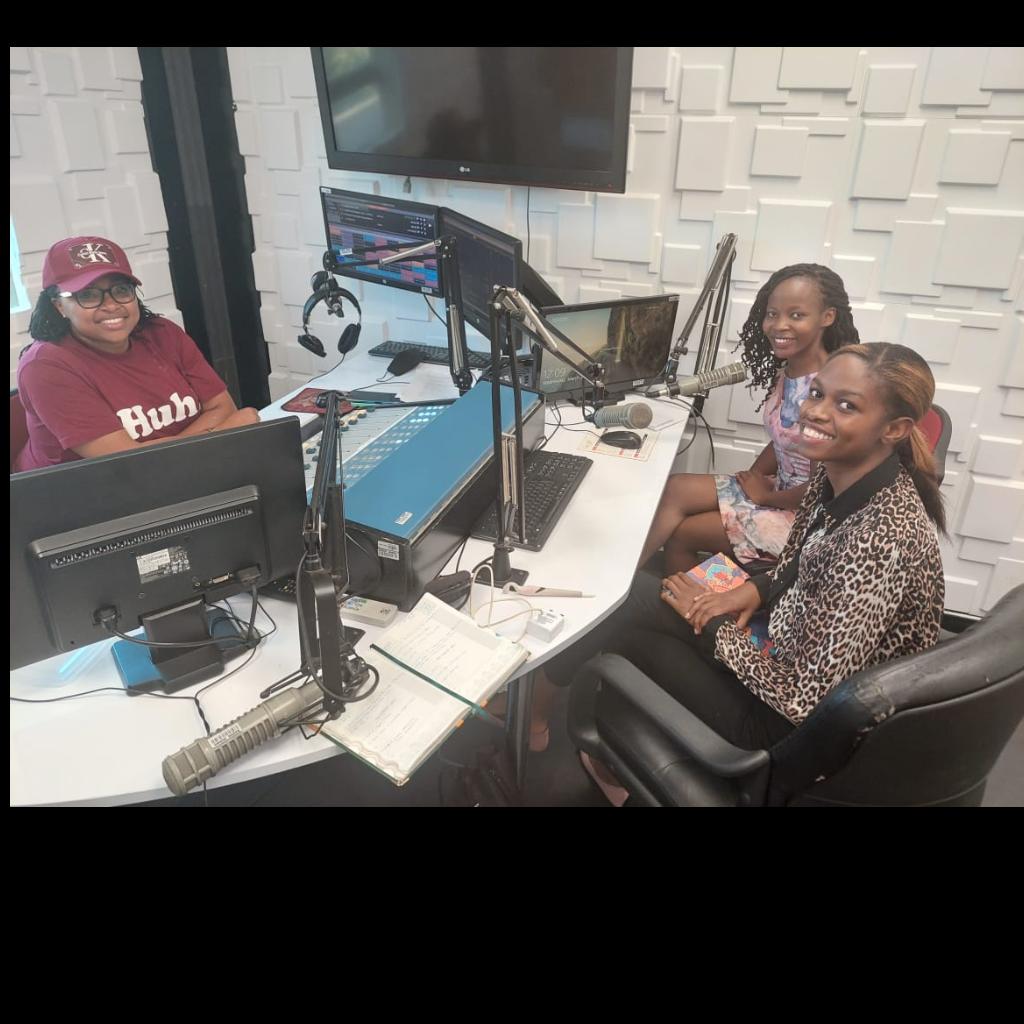

We hosted a two-part hybrid live webinar roundtable dubbed "Intergenerational Dialogues for Transformative Change." The webinars brought together young and veteran women advocates to discuss gender-based violence and bodily autonomy. These discussions sparked and encouraged action within the generation equality movement to improve gender equality across generations. Through the conversations, what was clearly articulated was that Kenya has and continues to ratify policies that seek to eradicate harmful practices, including gender-based violence, Female Genital Mutilation, Child marriage, etc. However, what it lacks is an implementation framework that ensures the resources are allocated to service provision.






Public discourse for the Generation Equality Campaign commitments is needed for greater accountability for Gender Equality. Through local radio stations like Serian FM in Samburu County, SBS FM in Kilifi county, and in partnership with girls and young women advocates, we brought other young people into the conversation, challenging them to play their part in holding the government accountable for ending FGM and gender-based violence. Intergenerational and intergender discussions about gender equality and how to fight for such issues were also part of the campaign in Samburu and Kilifi. From these conversations, more needs to be done to educate the community on matters of gender equality as more people tend to think it's a war against genders. At the same time, we sought to debunk the gender wars a myth and educate radio callers who insinuated that women were going through gender-based violence because women had gone to school and were not following their culture.

We

in having African girls and young women take charge of their lives and lead their narratives; amplifying this; we launched our Podcast called Chini Ya Mbuyu. Chini Ya Mbuyu creates a platform for young women and girls to discuss any subject that matters to them, including those that are taboo- changing the narrative of the right of choice from the everyday view of lived experiences of African girls and women. Through the podcast, we have had insightful and empowering conversations on maternal health, relationships, marriages, school-related gender-based violence, women leadership, bodily autonomy, and menstrual health- busting myths, challenging societal norms, and shifting rhetoric.


Through this conversation, we have created conversations around sexual health-related topics, which are still perceived as taboo. We have created awareness and management of reproductive health conditions, i.e., Fibroids, Infertility, Polycystic ovary Syndrome, etc., that are not normally discussed but are affecting many girls and women in society.
To commemorate the Day of the African Child 2021, we hosted a dialogue with girls (6-15 years old) to take stock of the progress of girls’ education in Kenya. The girls could openly question the quality of education, the gaps, and how it plays to their lives and future goals as leaders.
believe
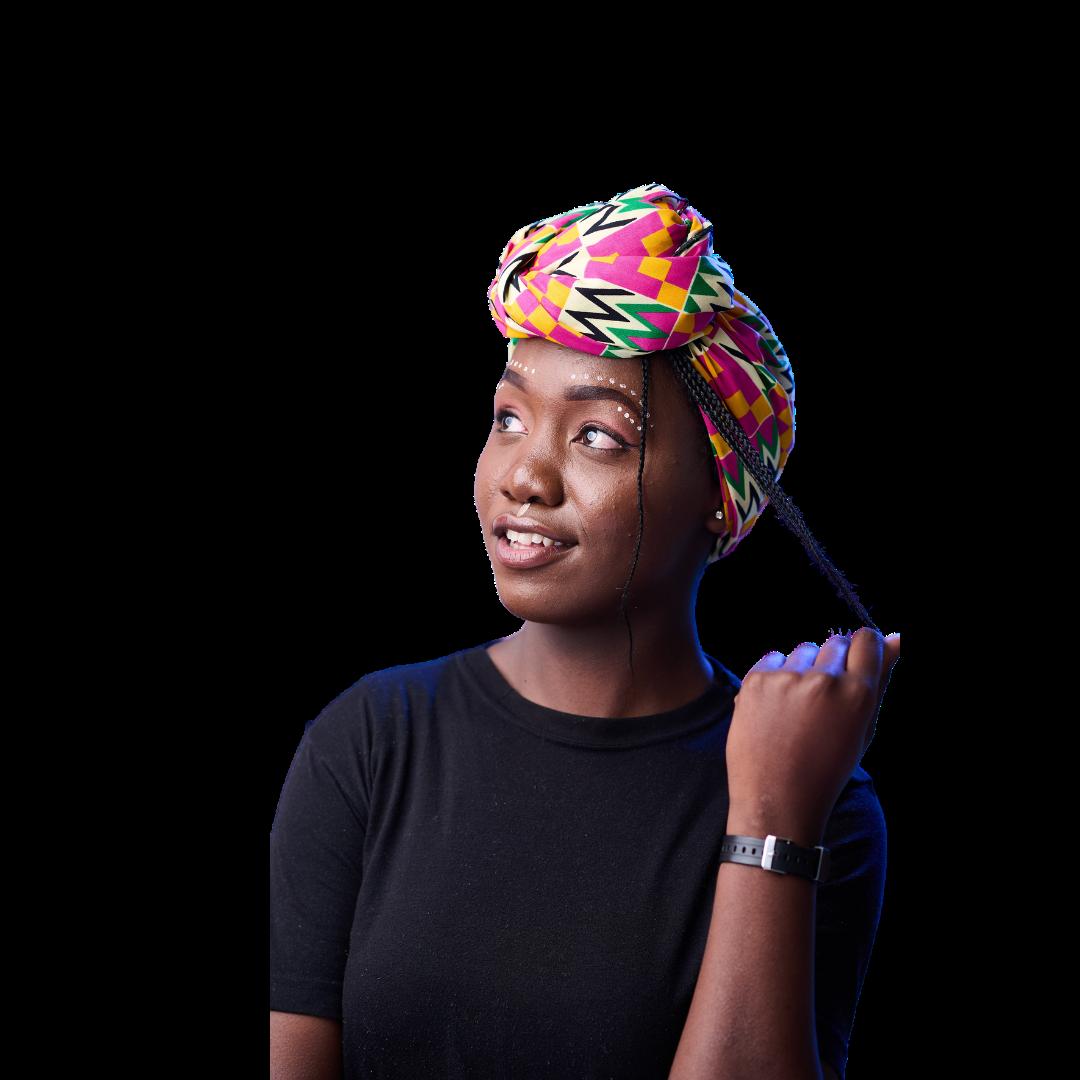






As we continue to walk this journey with girls and young women, we can't overlook the thorns on our pathway. They continue to prickle girls' access to education and young women's pursuit of leadership, holding them back from achieving their dreams and aspirations.
The pandemic proved to be a great obstacle to girls and young women's rights, taking us almost ten steps behind the progress that has been made. It led to the closure of schools exposing girls to early and forced marriage, violence, early pregnancy, and sexual exploitation. Girls also experienced child labor as they were now responsible for caring for their family members and doing household chores.
Retrogressive cultural and harmful practices continue to be stumbling blocks in girls' lives. Media reports state that cross-border FGM has become the latest trend in FGM, being prevalent among the Pokot, Maasai, and Kuria. These communities mainly live along Kenya's west and Southwestern borders with Uganda and Tanzania. The sad reality is that girls are still at a higher risk of being cut, subjected to physical and psychological trauma, child marriage, and lack of access to education.

Lack of access to quality education due to low staffing of teachers in schools, particularly in the ASAL regions. It is with this mind that we ventured into ASAL regions to champion girls' access to education, we had deep intensive exercises and interactions with girls, women, county government, schools, and the ministry of education.
We were able to identify that despite girls having access to education, issues such as low staffing of teachers were a hindering factor towards them achieving quality education.
Additionally, the value for girls' education, tribal clashes, and nomadism contributed to girls dropping out of school, early marriages, and teen pregnancies.

Some of the key issues that emerged for our attention


School-Related Gender-Based Violence: According to a report curated by USAID and AidData in partnership with Together For Girls, schools are often the location of the first incident of sexual violence. The case is no different for young women in universities; during our Chini Ya Mbuyu season two series, Campus Chronicles, we were able to engage with young women on SRGBV in higher education institutions. The young women shared their experiences with SRGBV stating that in most cases, male lecturers take advantage of female students by failing them to win sexual favors. Additionally, young women also lack proper reporting channels and information on how to address SRGBV.
Limited access to menstrual health information and products: As we continue to engage with girls on issues that keep them up at night, limited access to menstrual health information and products continues to be a glaring factor for them. Access to affordable and effective menstrual hygiene products is critical to the menstrual health of adolescent girls and young women. Additionally, limited knowledge of menstruation has broader sexual and reproductive health implications.

Flipping the coin and Championing girls and young women's rights.
Despite the other side of the coin disrupting girls and young women from fully enjoying their rights, Akili Dada has been keen on flipping the coin and championing girls’ and young women's rights through our programs, Washa. Angaza. Urithi.
The post-effects of the pandemic were a huge setback for us. However, Akili Dada quickly adapted to its environment and increased its impact. Through Angaza, we provided psychosocial support to girls via teletherapy, ensuring that they prioritized their well-being during the lockdown. When schools re-opened, we were also keen on ensuring that our scholars could resume school, ensuring 100% transition from high school to universities despite being from vulnerable backgrounds that would have hindered their access to education.

Under the Urithi Program, we were keen on venturing into Samburu, given that girls can still not enjoy their rights due to harmful cultural practices such as beading, moranism, genital mutilation/cut, and child marriages. Through our visits and interactions with girls and young women, we launched our pilot program dubbed the Manyatta-Homeschooling Program. This pilot project aims to create a pathway for out-of-school girls to access informal education for the first time. Additionally, the program is keen on equipping girls with essential numeracy and life skills, such as problem-solving and decision-making skills. An innovative and critical component of the project is mental health and psychosocial support for the girls through a mental health curriculum Akili Dada developed for girls.
We also illuminated the need for sexual Reproductive Health in Schools based in ASAL and Coastal Regions: to address gender equality and access to education, including the 100% transition policy made by the Ministry of Education, School-Related Gender-Based Violence, teenage pregnancies, access to Comprehensive Sexuality Education, constitutionalize of the FGM 2011 Act and emphasis on Generation Equality Campaign Commitments. Through this, we were able to ensure that everyone, including girls and young women, were moving with us to create a better and stable future for girls and young women living in ASAL and Coastal Regions.
Additionally, under Washa, we were keen on equipping young women leaders championing the elimination of harmful practices within their communities with the knowledge and skills they require to program for their advocacy activities. We achieved this through the Tuwezeshe Fellows program led by Forward UK.
2021 taught us there’s more scope to build on the work we do and use these insights as fodder to scale higher.
By Vivian Kwame Communications Associate-Digital Akili Dada.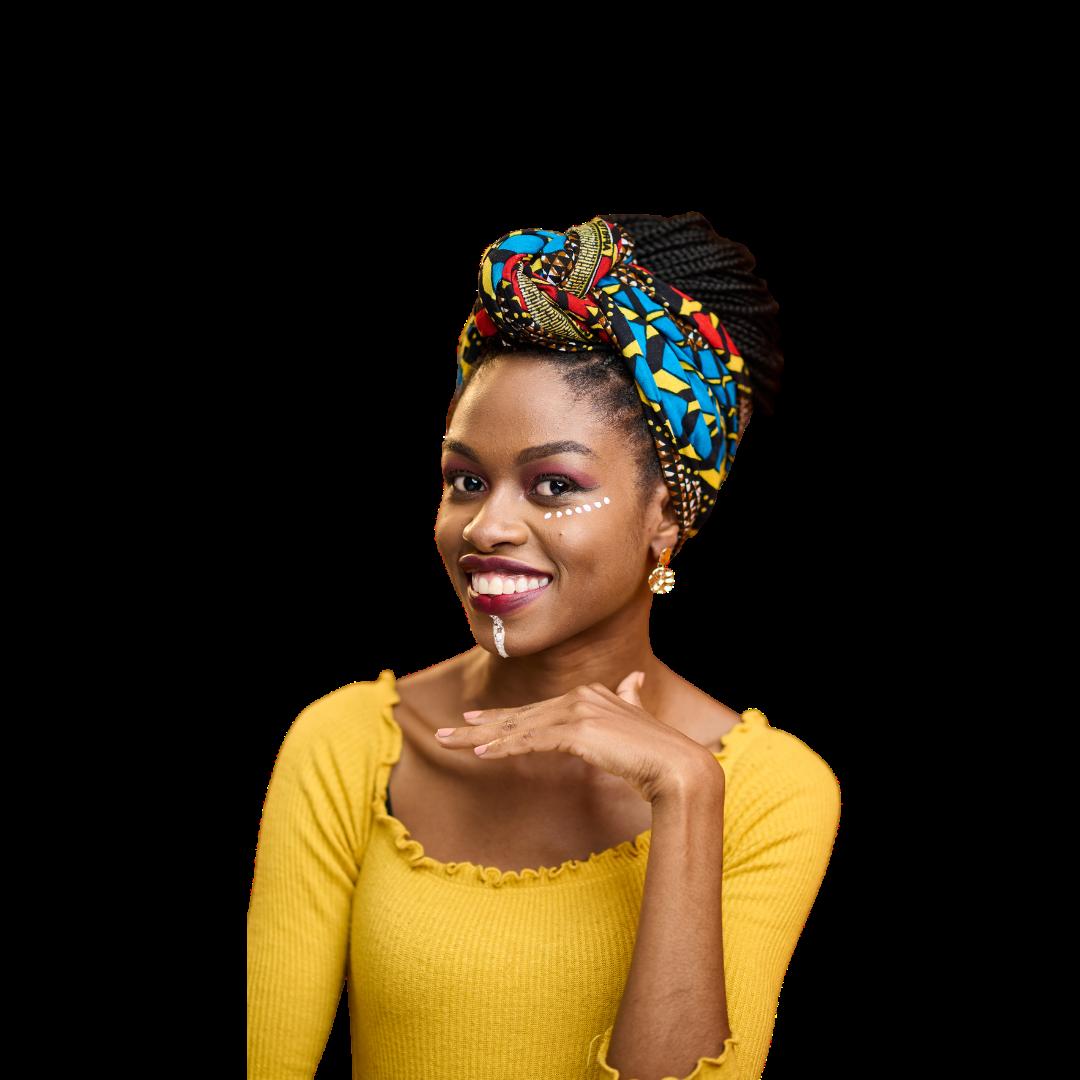

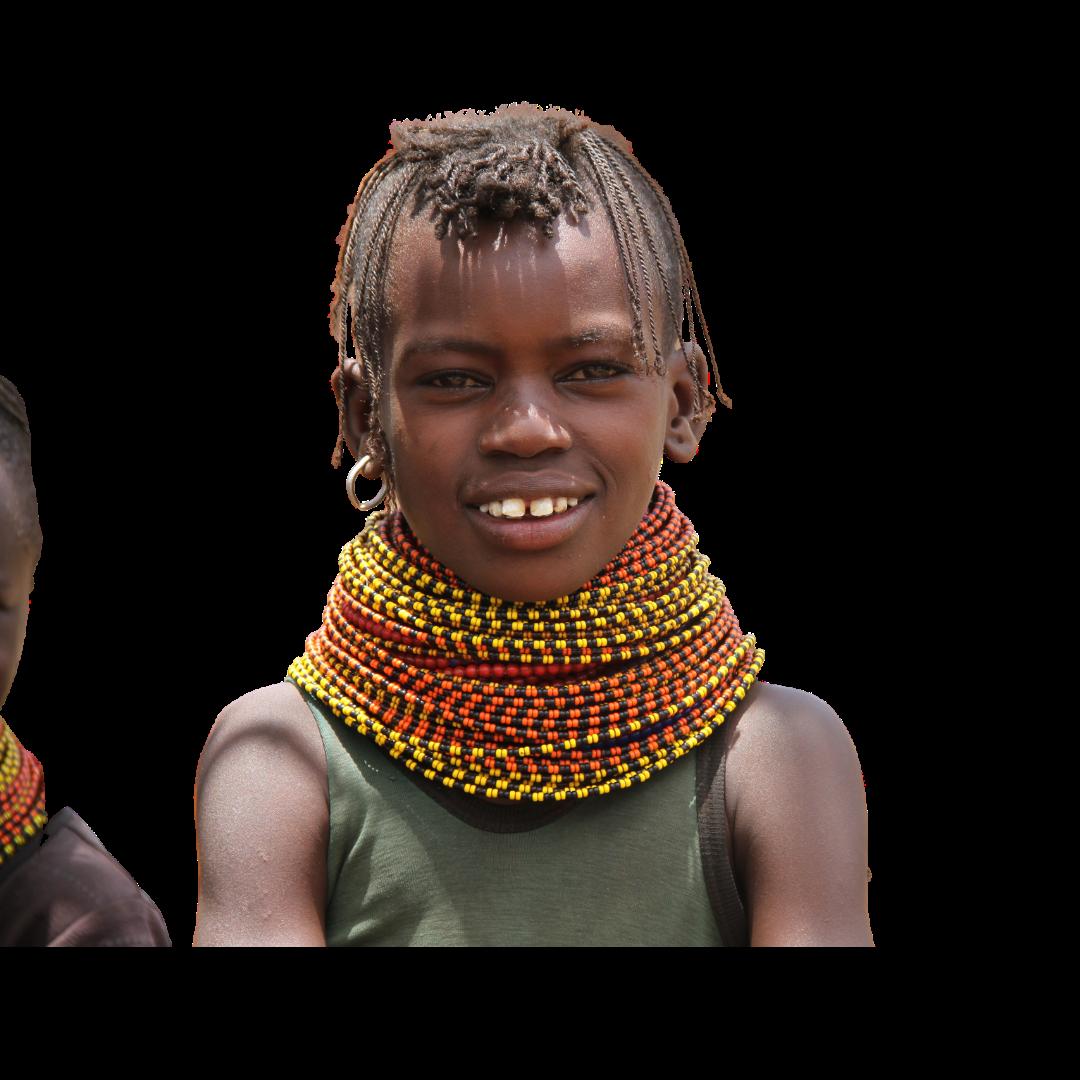












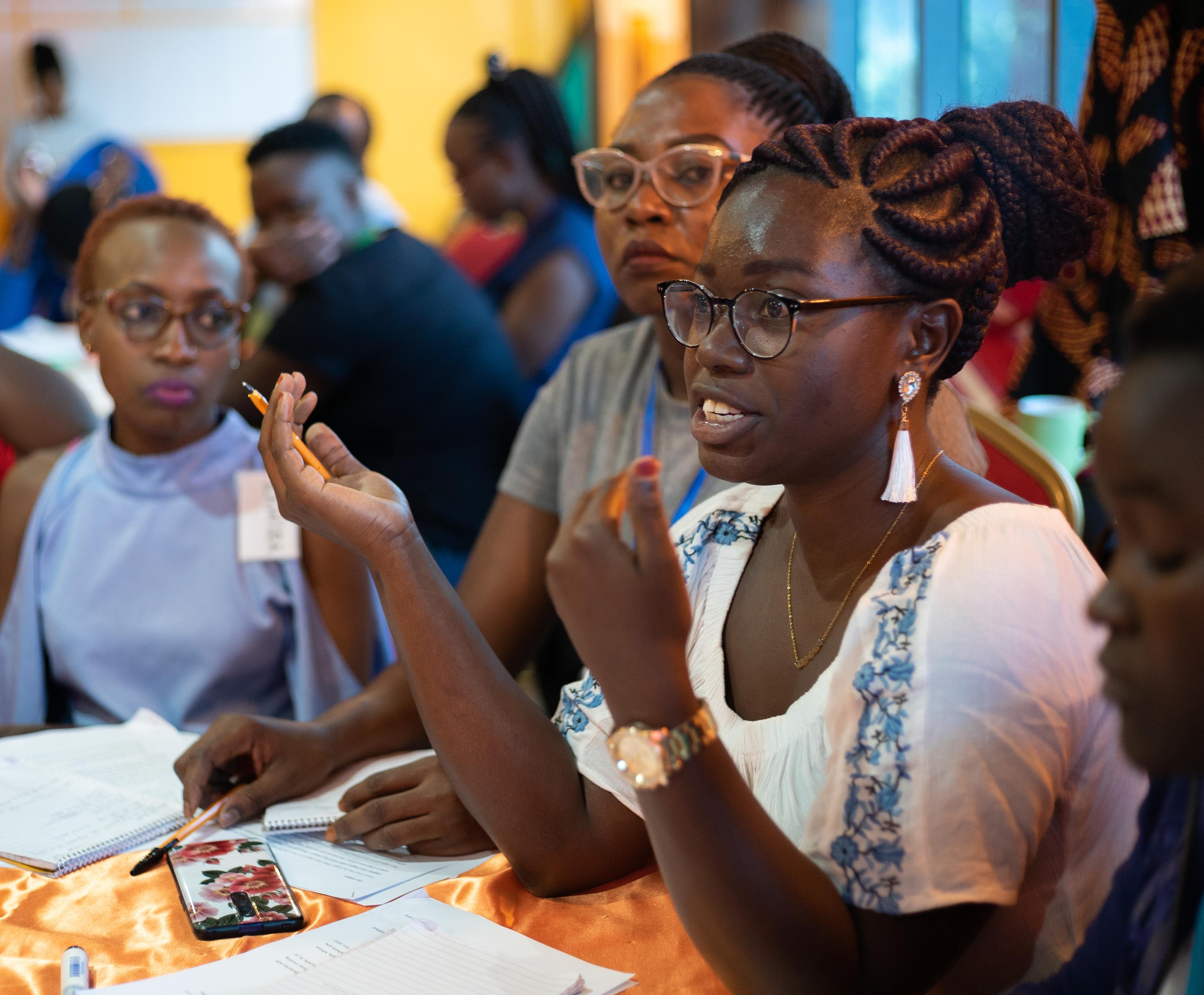








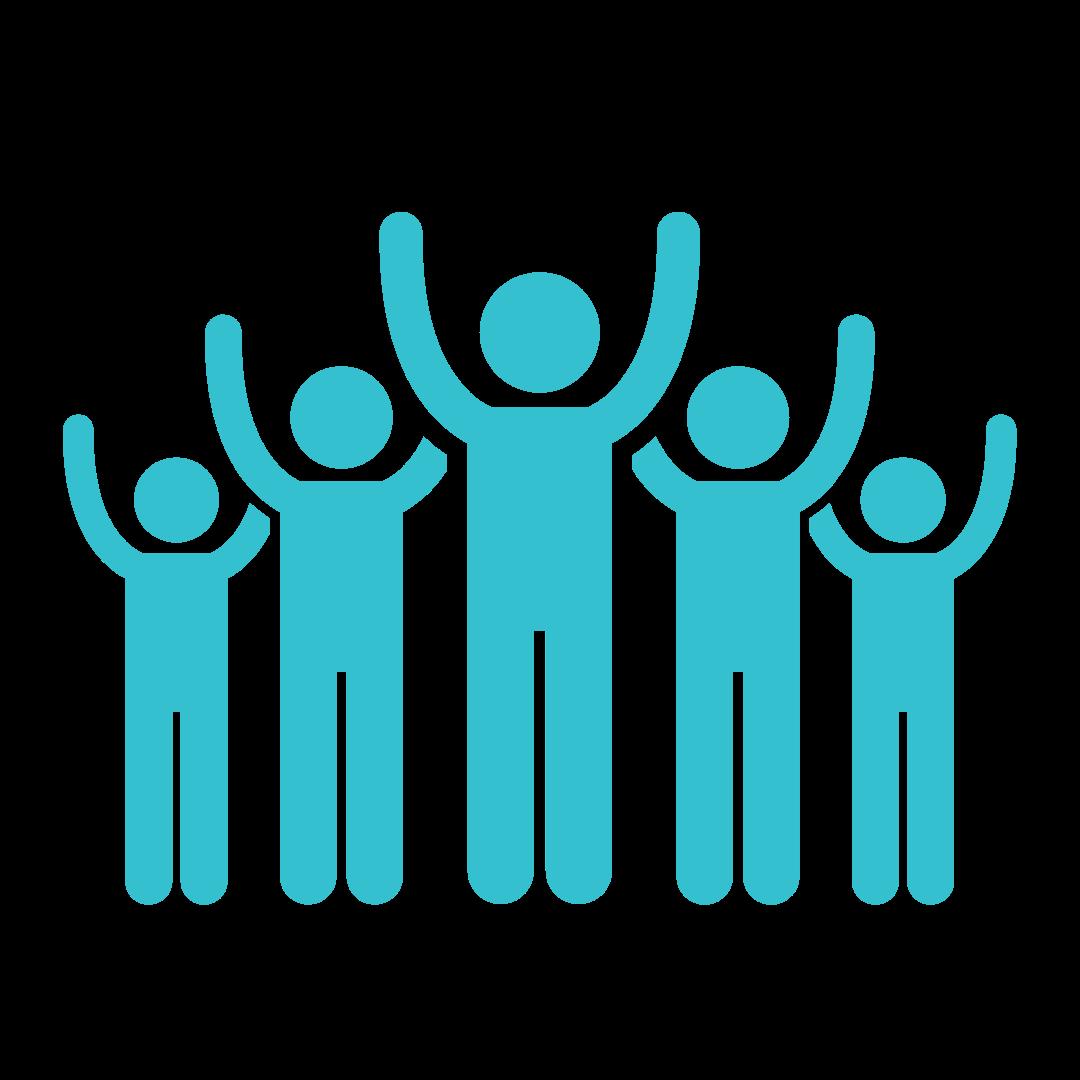


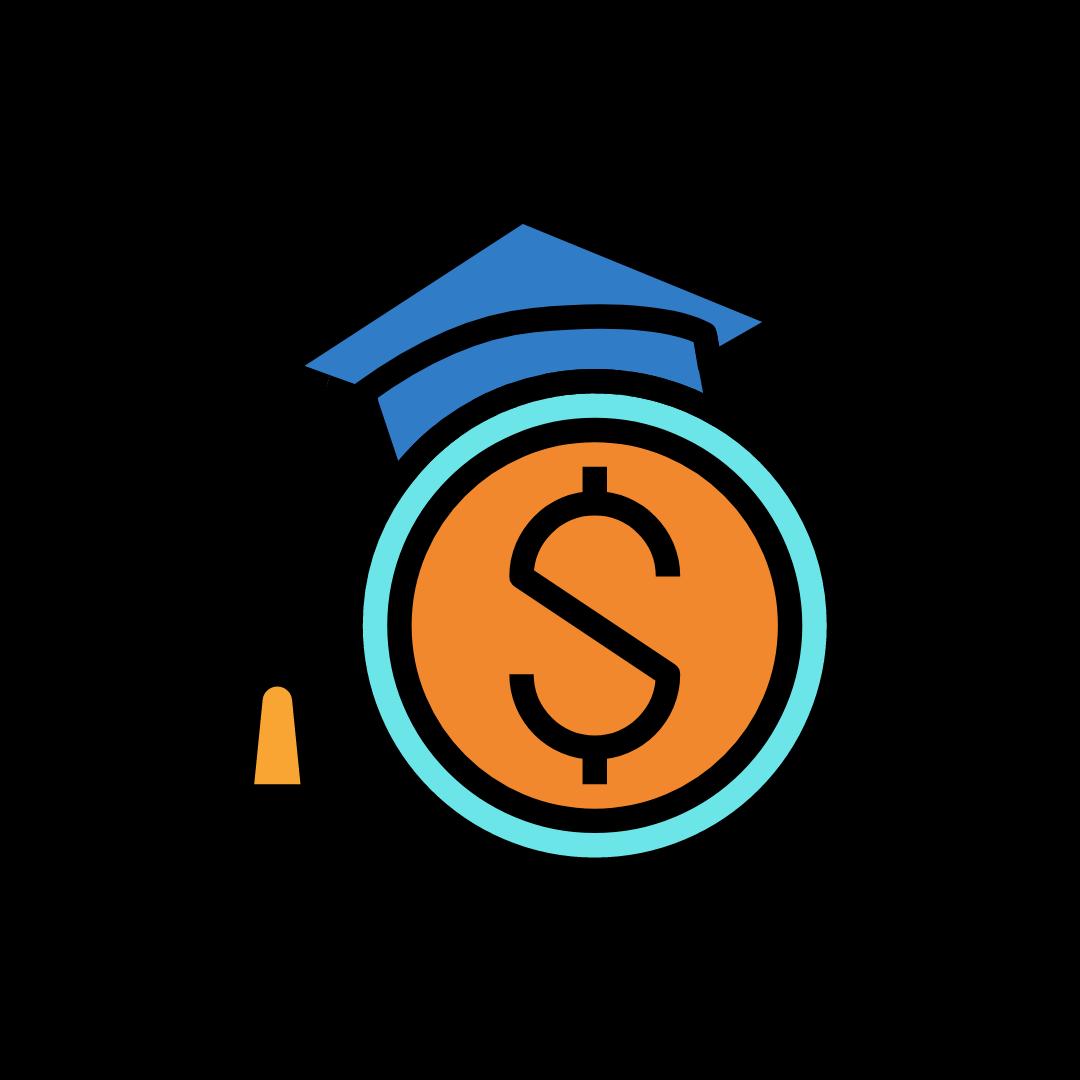










During the year, expenditure was $1,051,207.48 of which was spent on Programs, Finance & Administration, Communications & Advocacy, Organisational and Development.


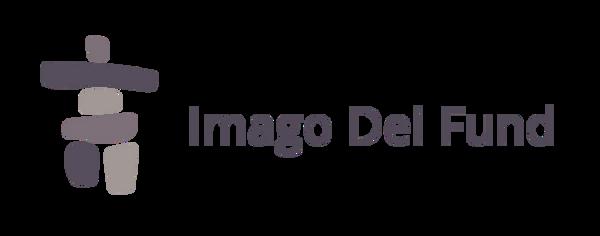
True to the “if you want to go fast, go alone. If you want to go far, go together,” we have formed great partnerships that have been a critical instrumental aspect in our journey. Our partners have supported us in advancing girls’ education, amplifying girls’ and young women’s voices, and promoting girls’ leadership through various projects and activities.
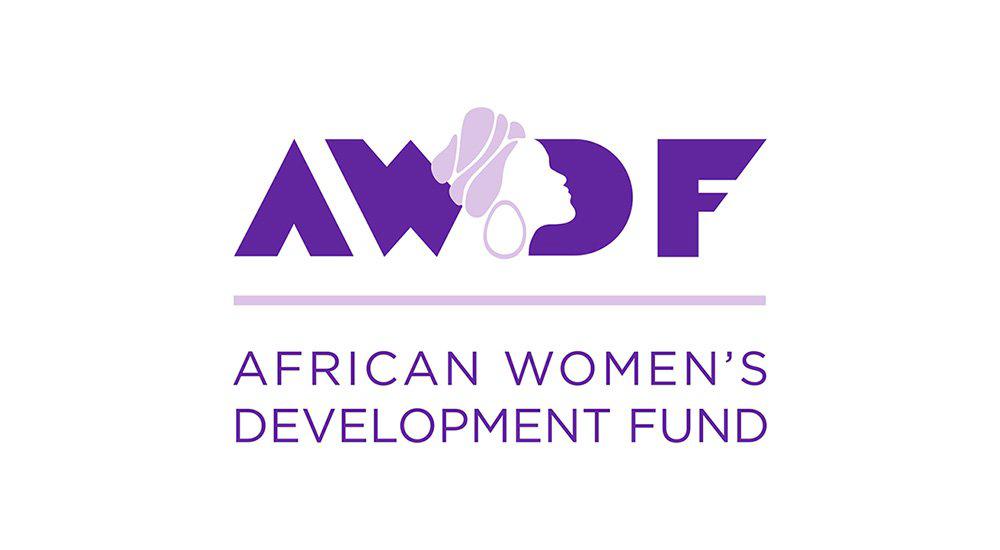

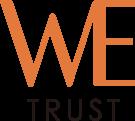




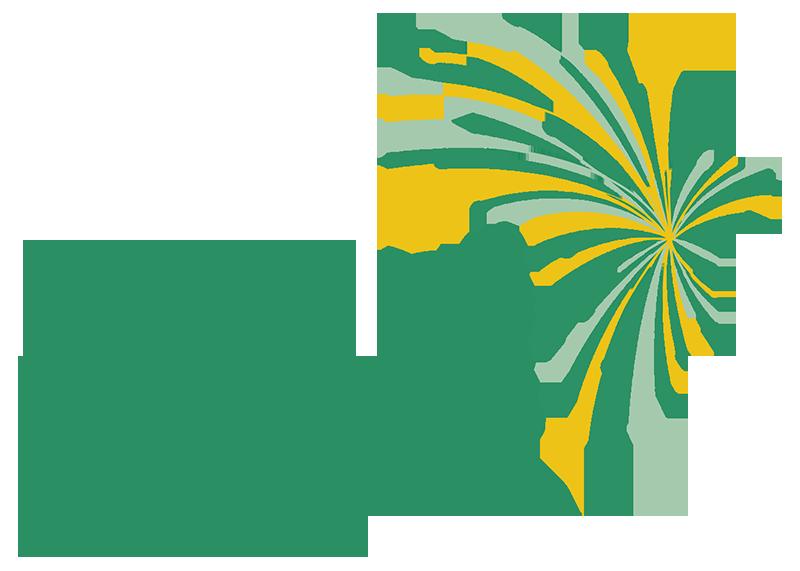
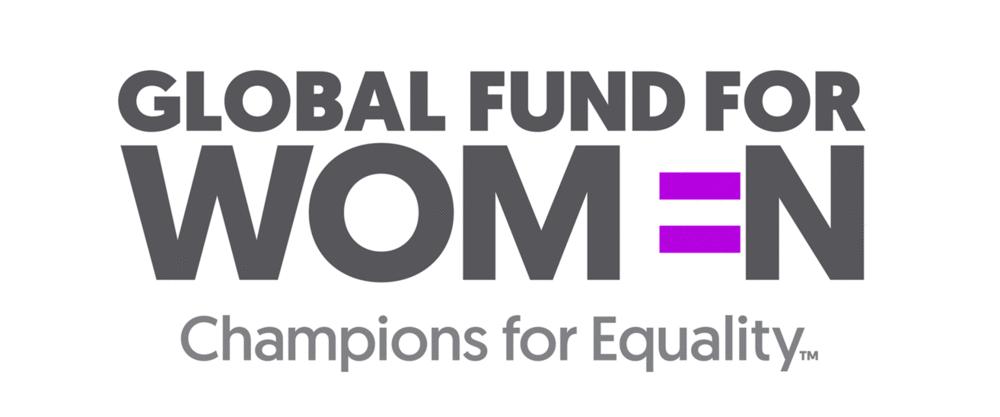



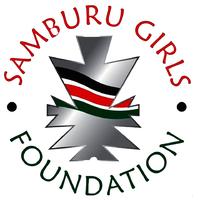

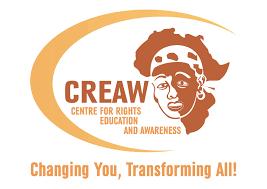
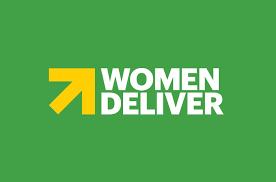

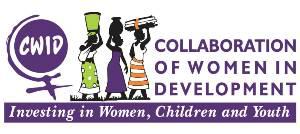

Through the generous support of our partners, we have been able to walk this journey successfully and empower girls and young women.

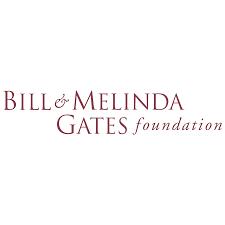


And in case we don’t say it often, We appreciate your support TODAY, TOMORROW, NEXT WEEK, shucks, even THIS YEAR!

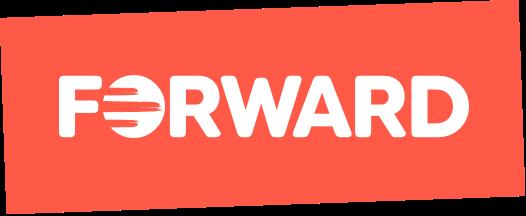




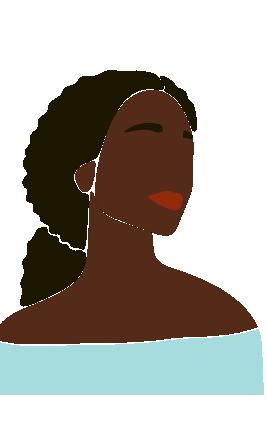
“
Women are agents of change and drivers of progress. All we need is a chance and platform. ~Wanjiru Mburu Akili Dada alumnae
“
Invest in the next generation of African Women Leaders.
Giving Circles

We are honored and grateful for the fundraising efforts dedicated supporters have put on in the past. We’d love to work with you to help you launch your giving circle in support of African girls and young women. To start an Institutional process or simply a birthday challenge, write to us at fundraising@akilidada.org.
For Local Donations
Mpesa Paybill: 891300 Account: GG52978
For International Donations

Support Akili Dada through this link





www.akilidada.org akilidada akilidada akilidada +254 721 552 120 info@akilidada.org Sign up for our Newsletter
Saachi Plaza B7, Argwings Kodhek Nairobi, Kenya.

